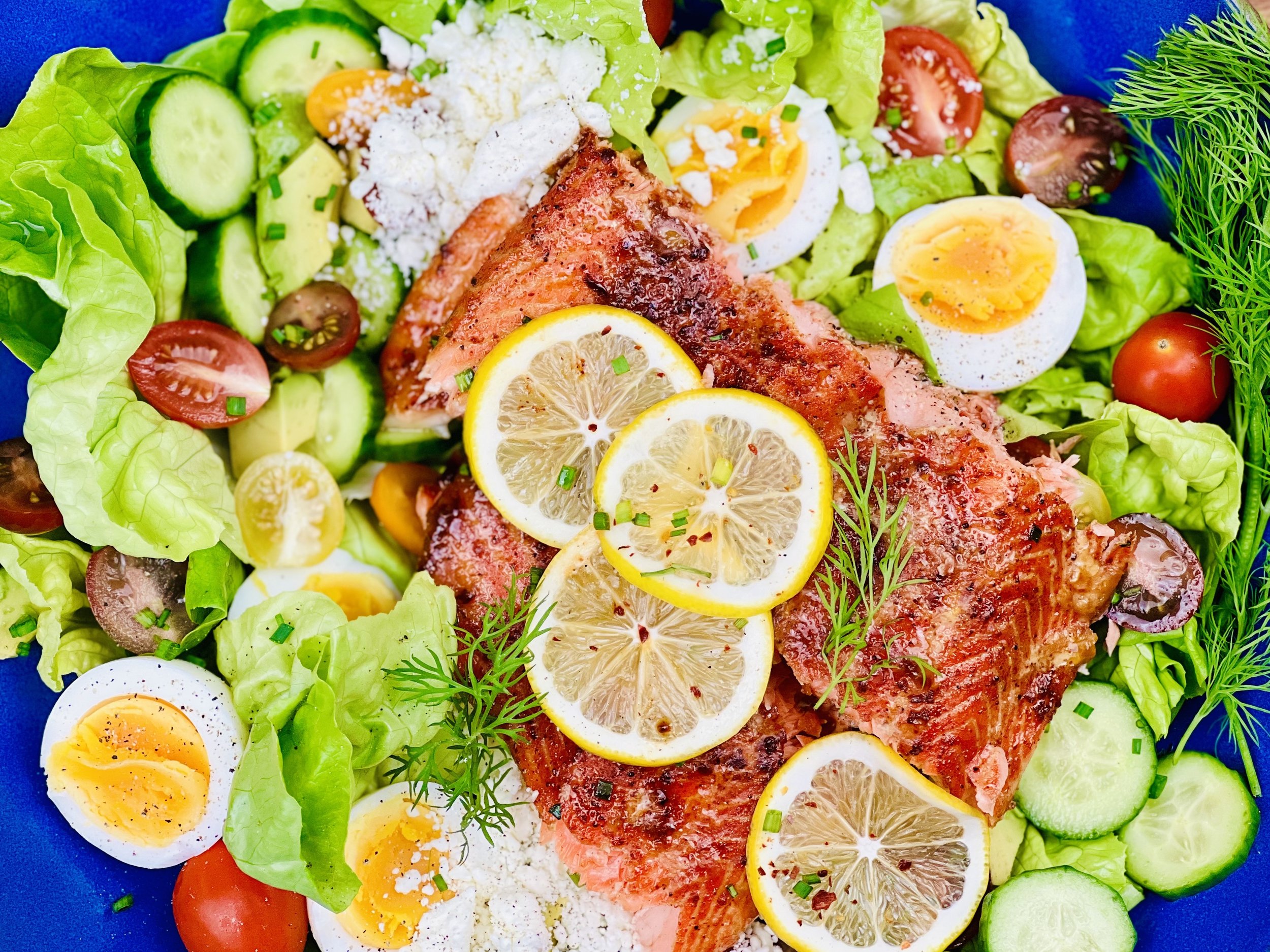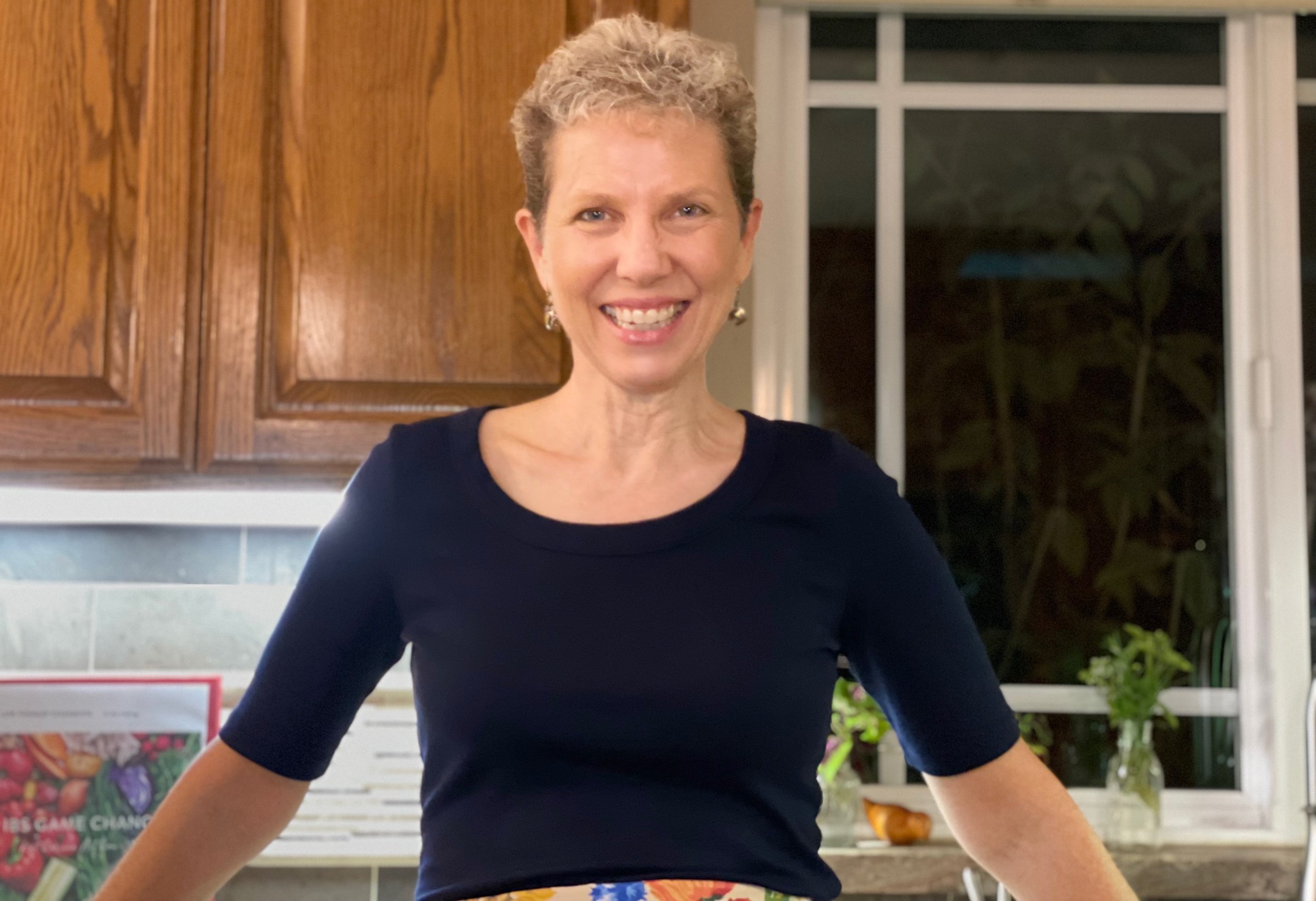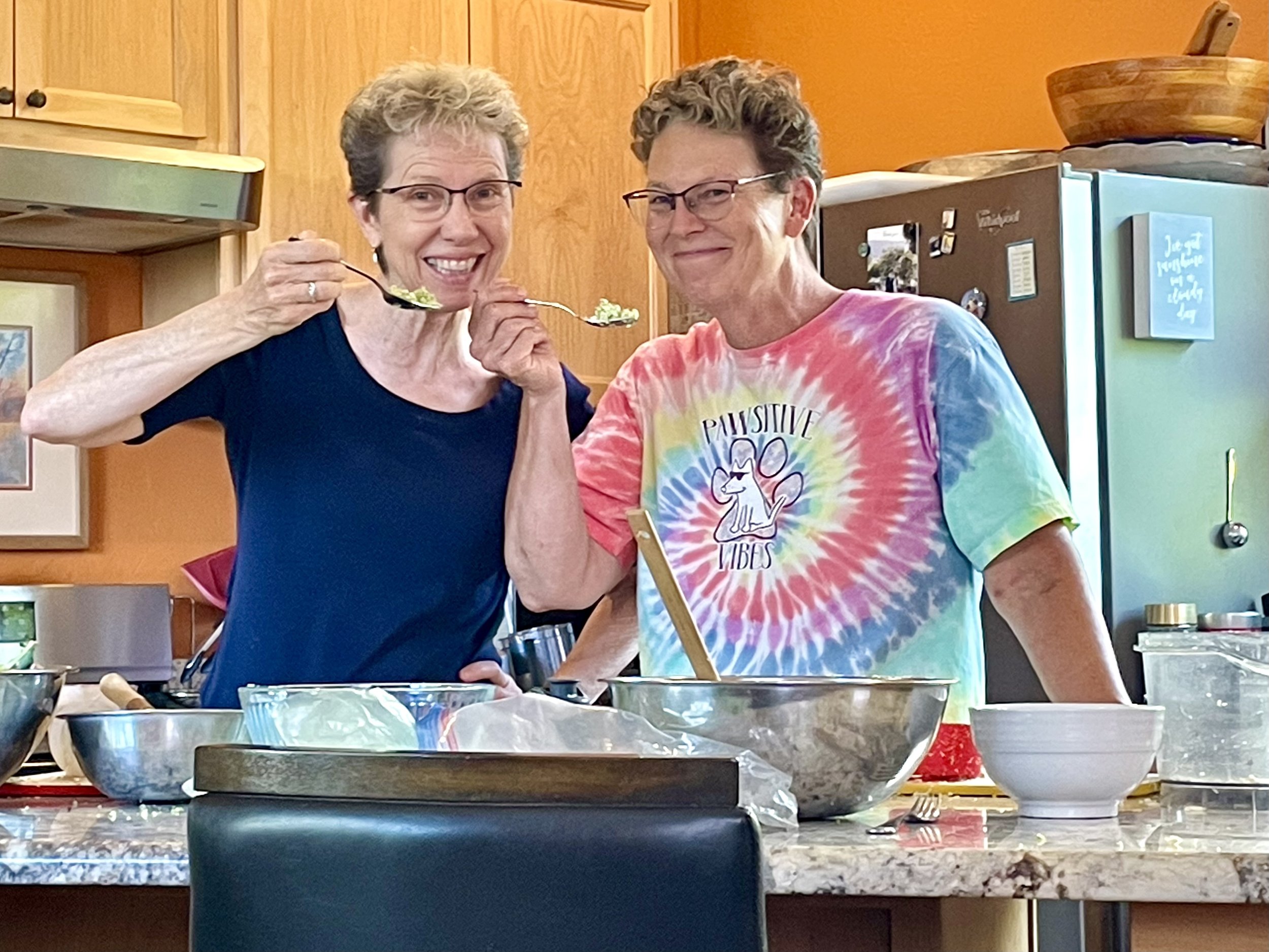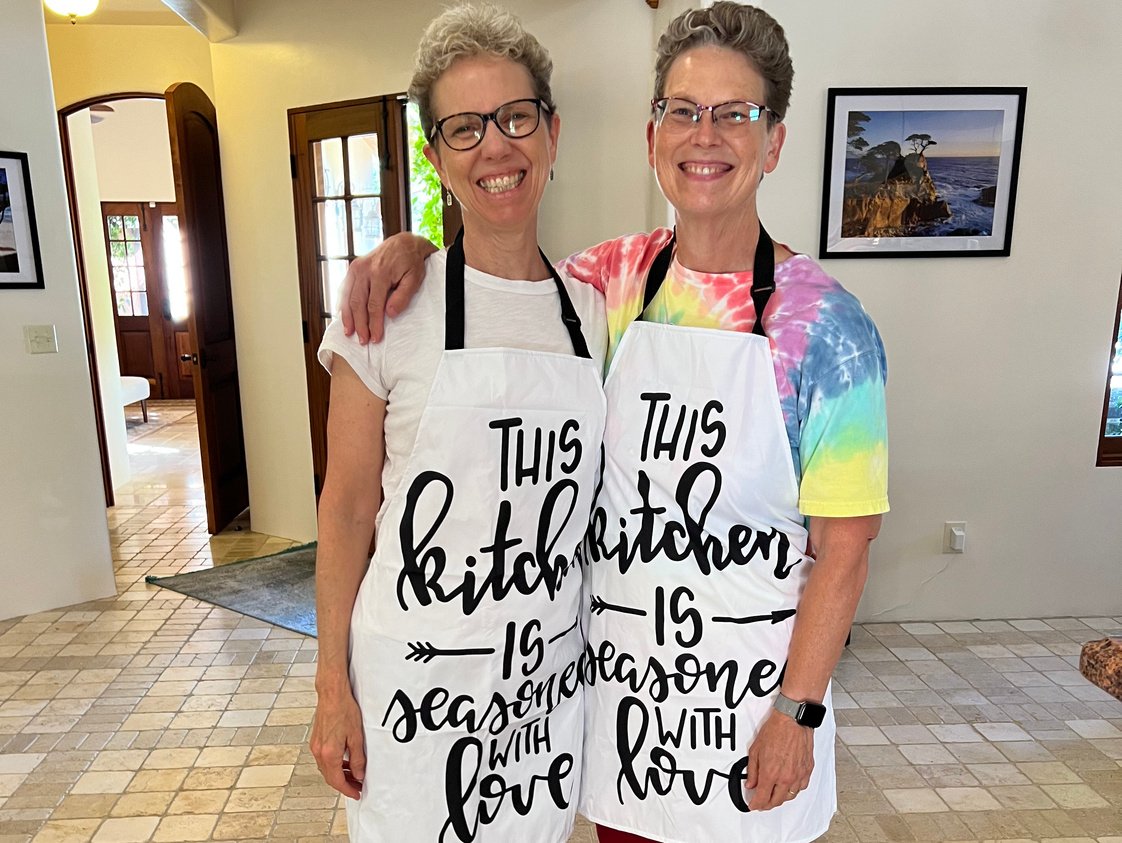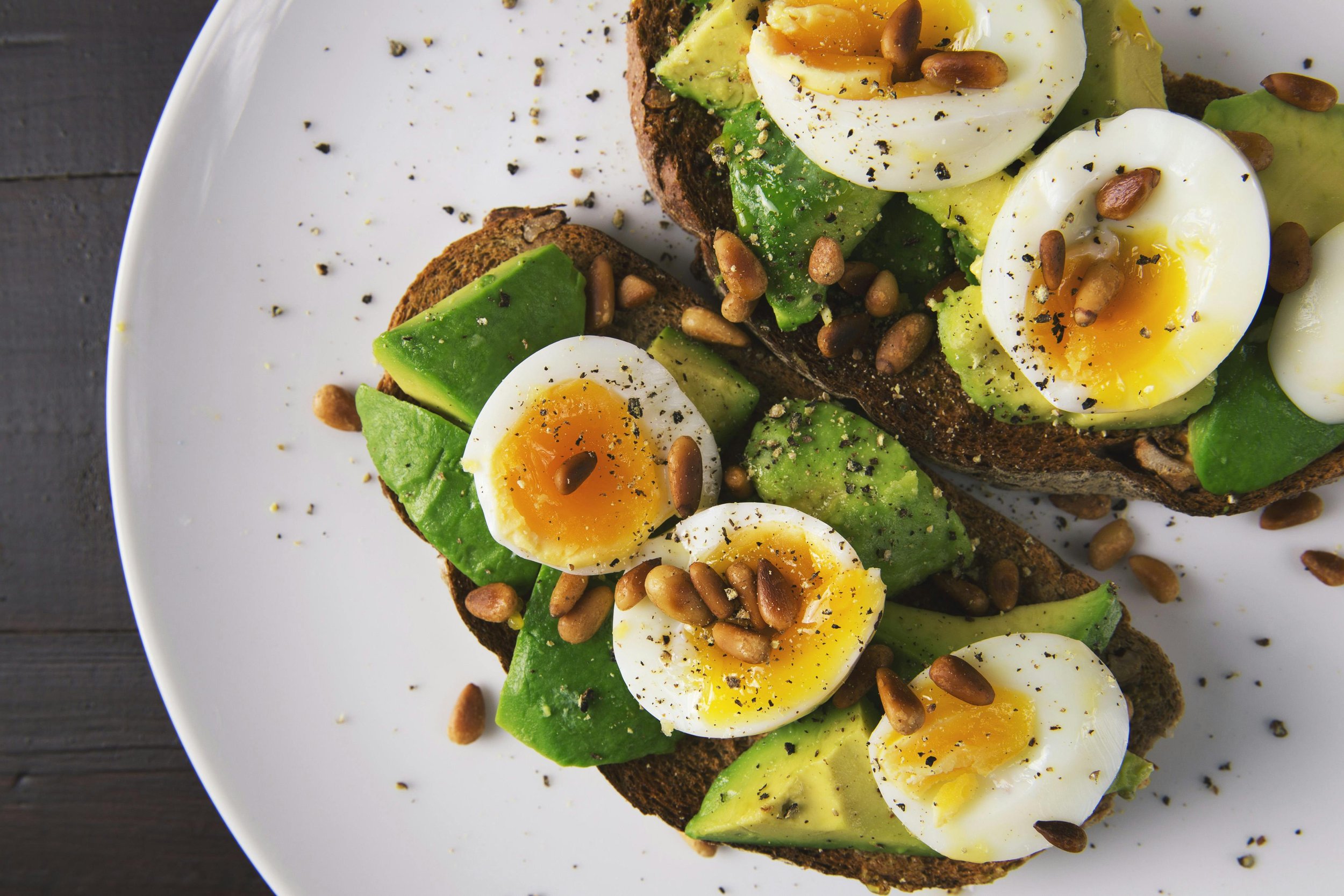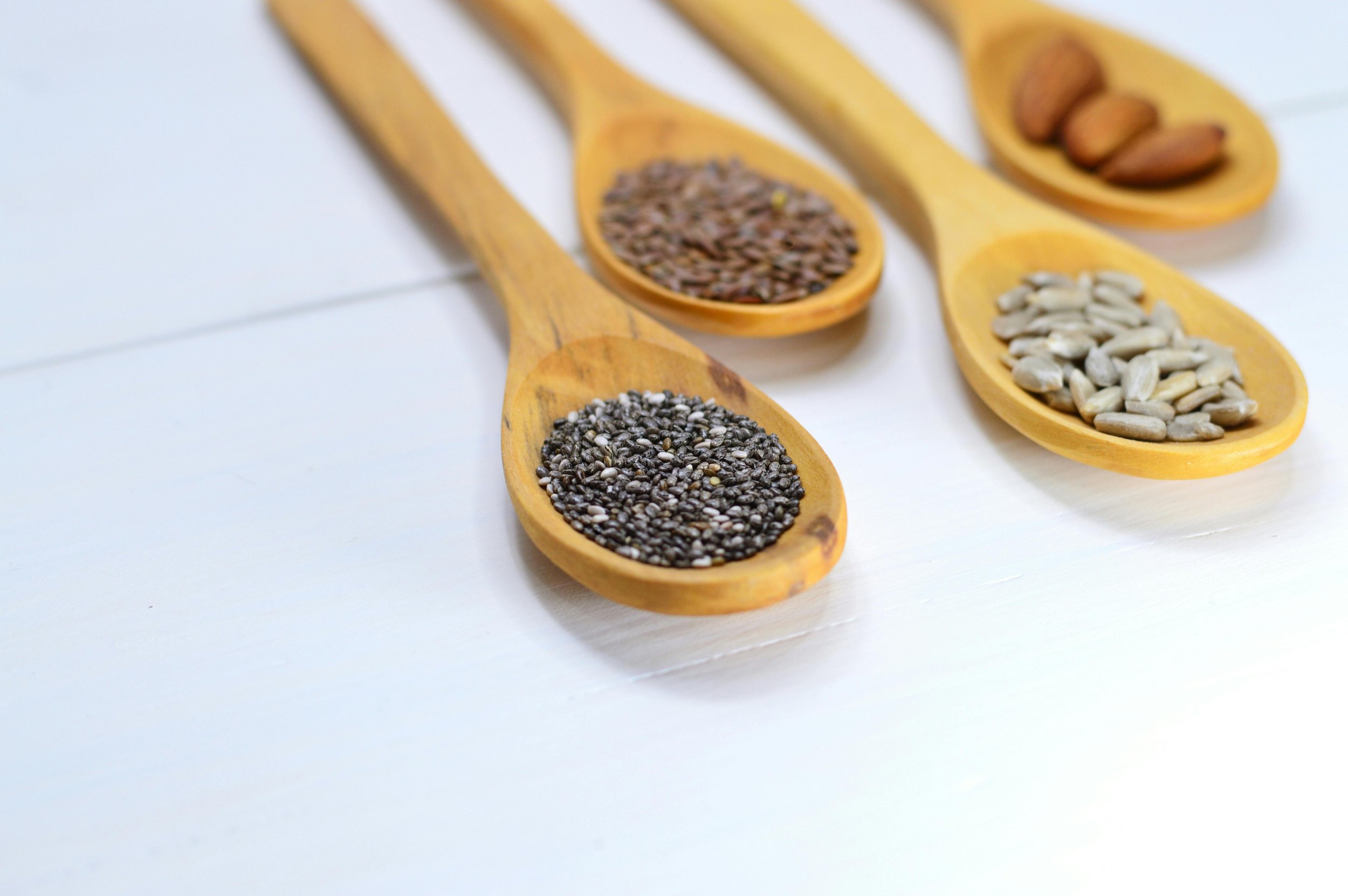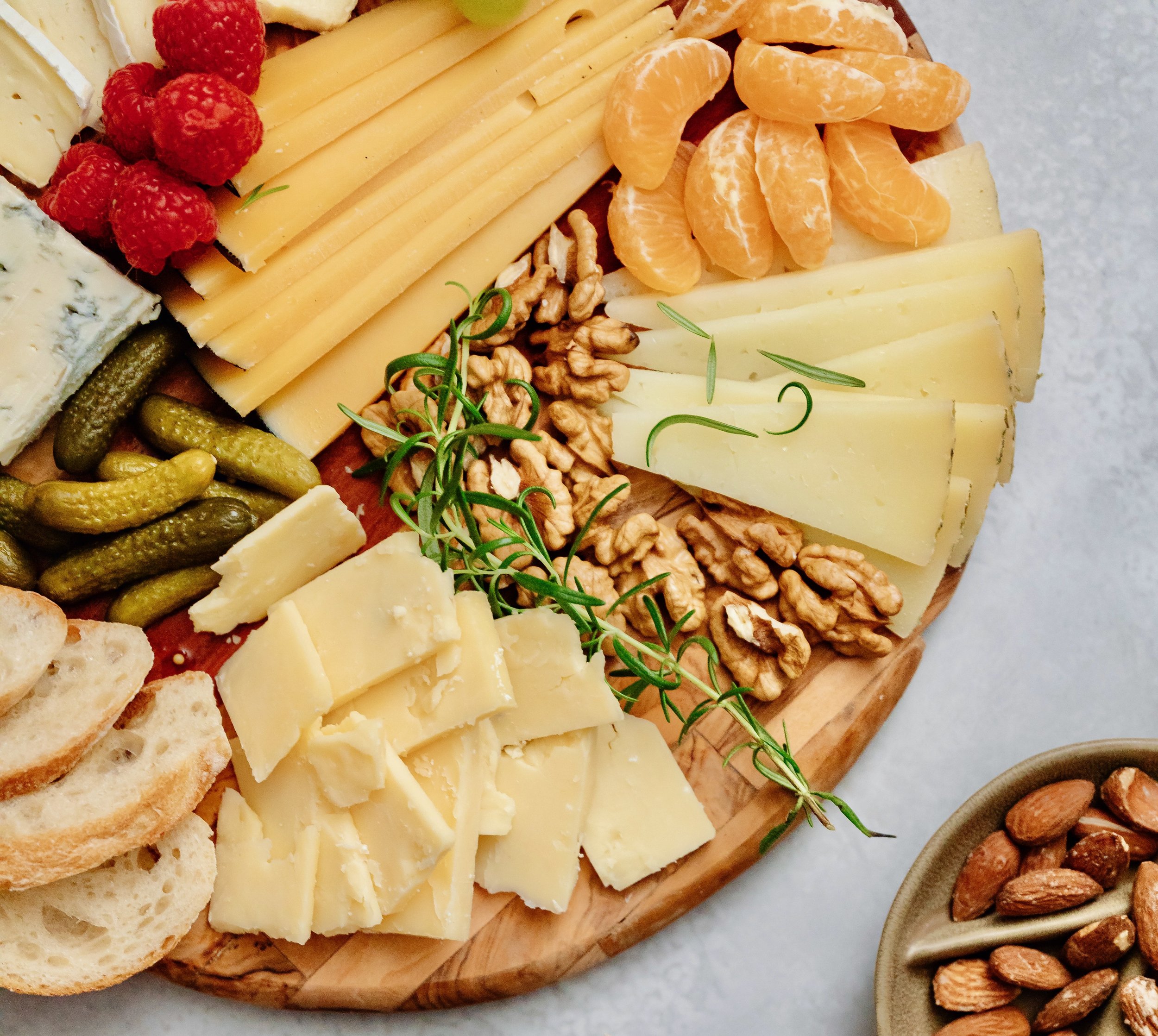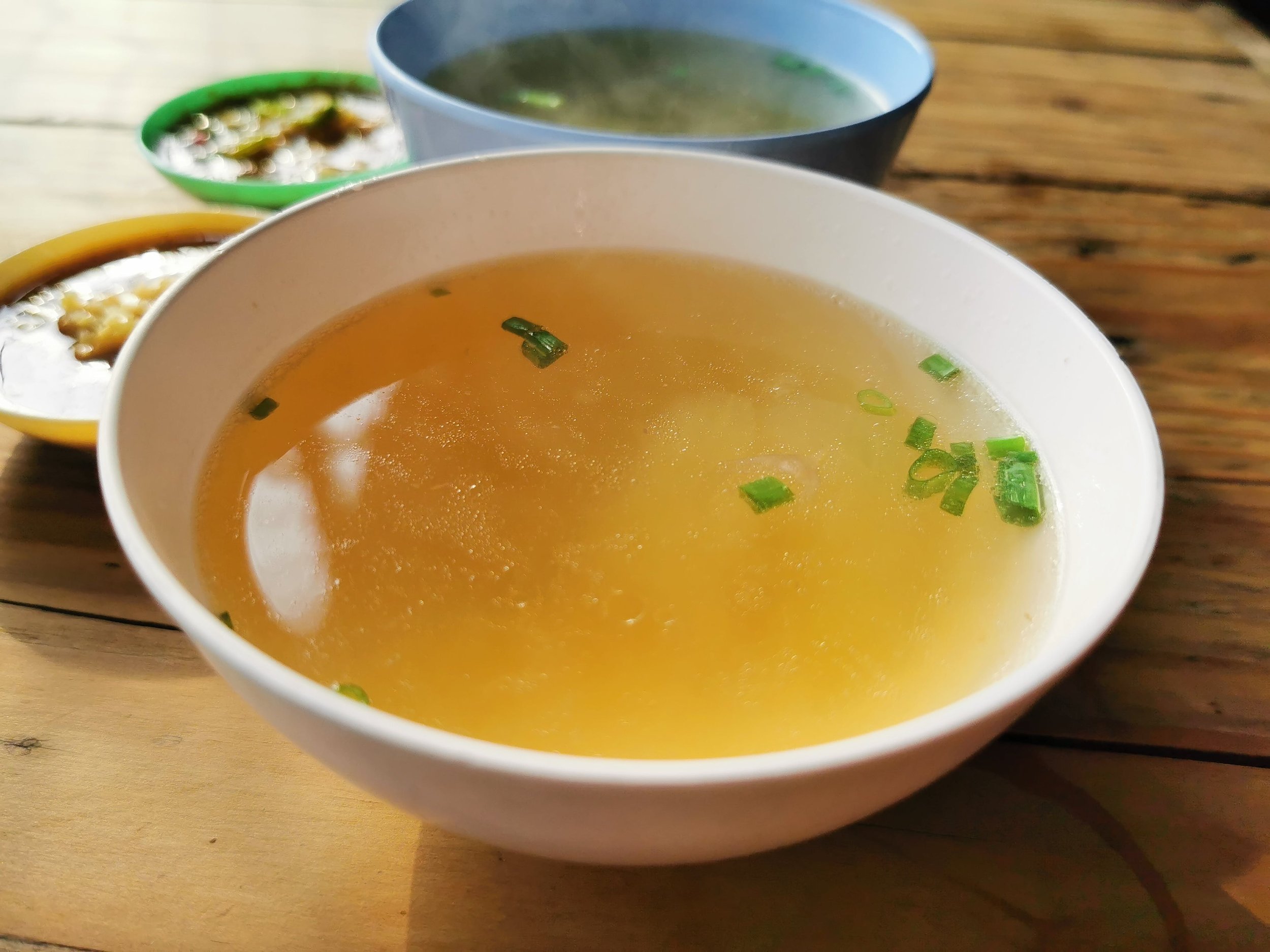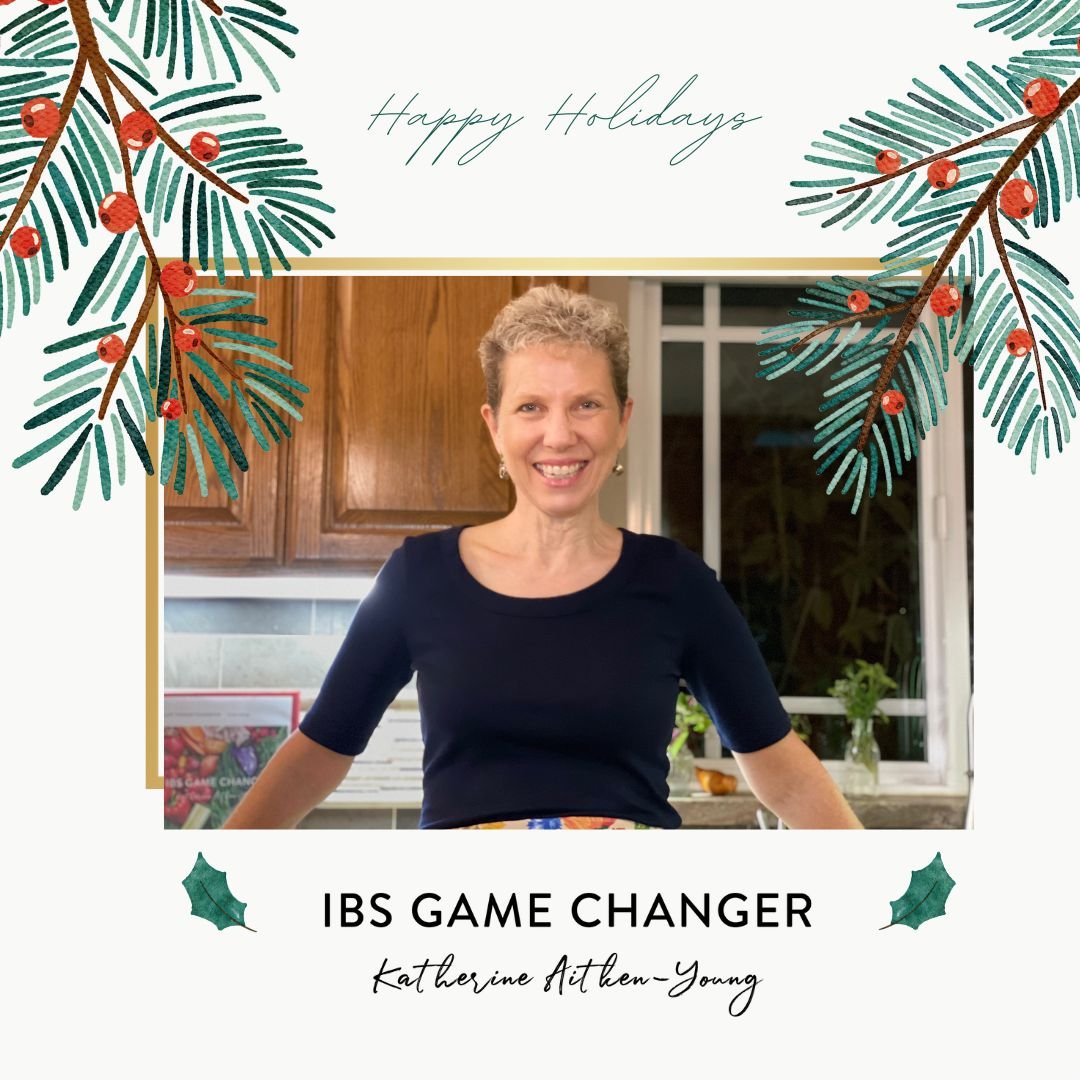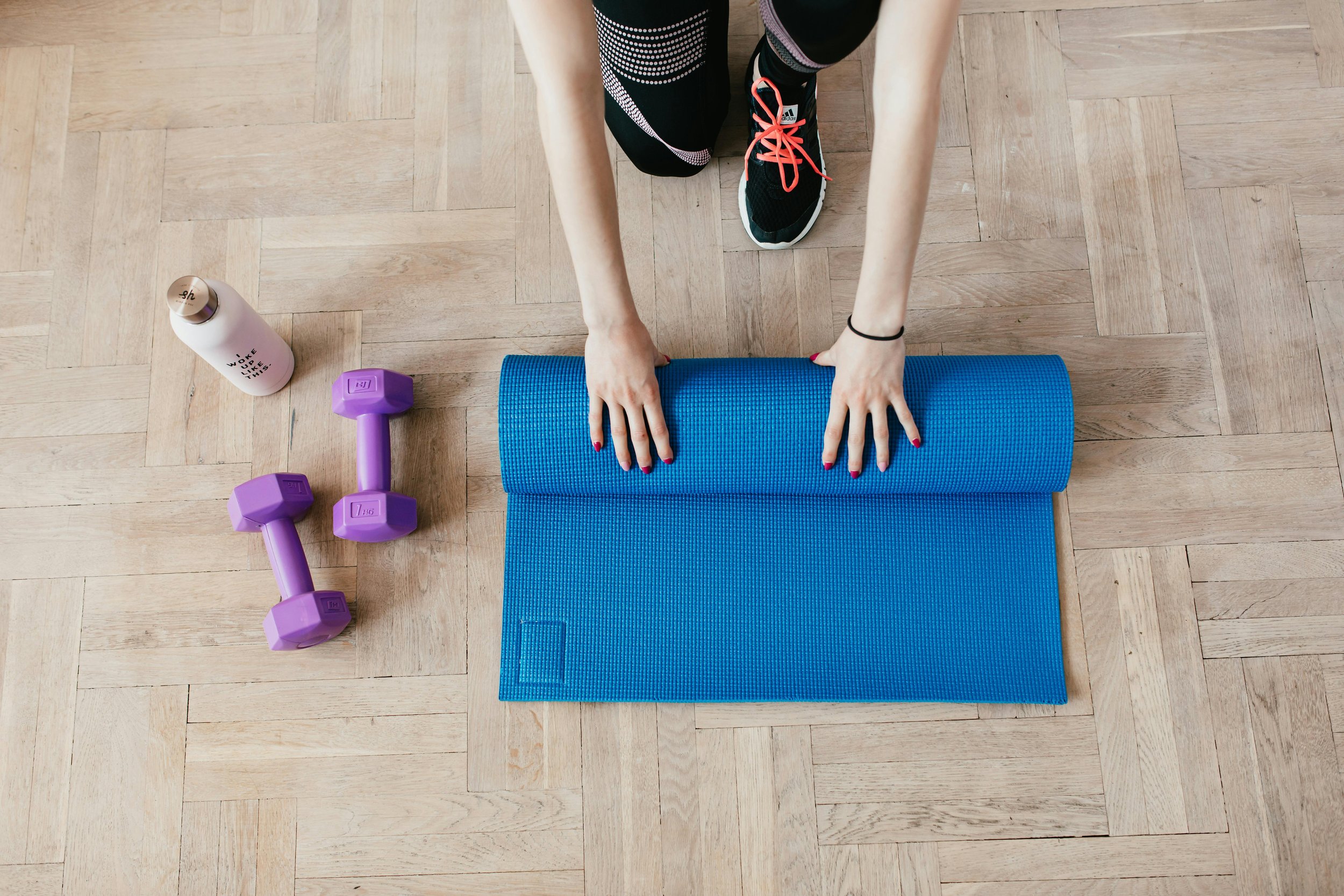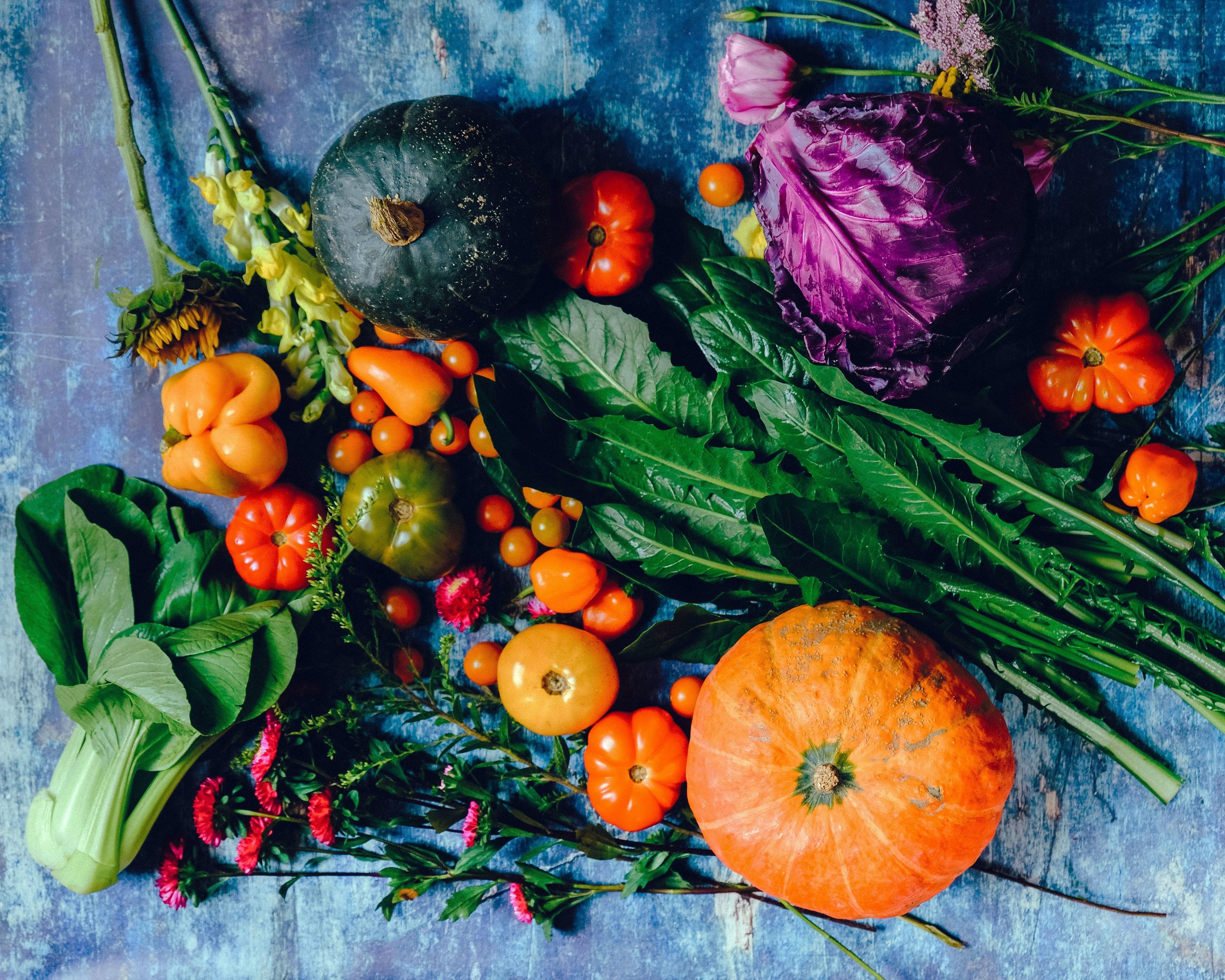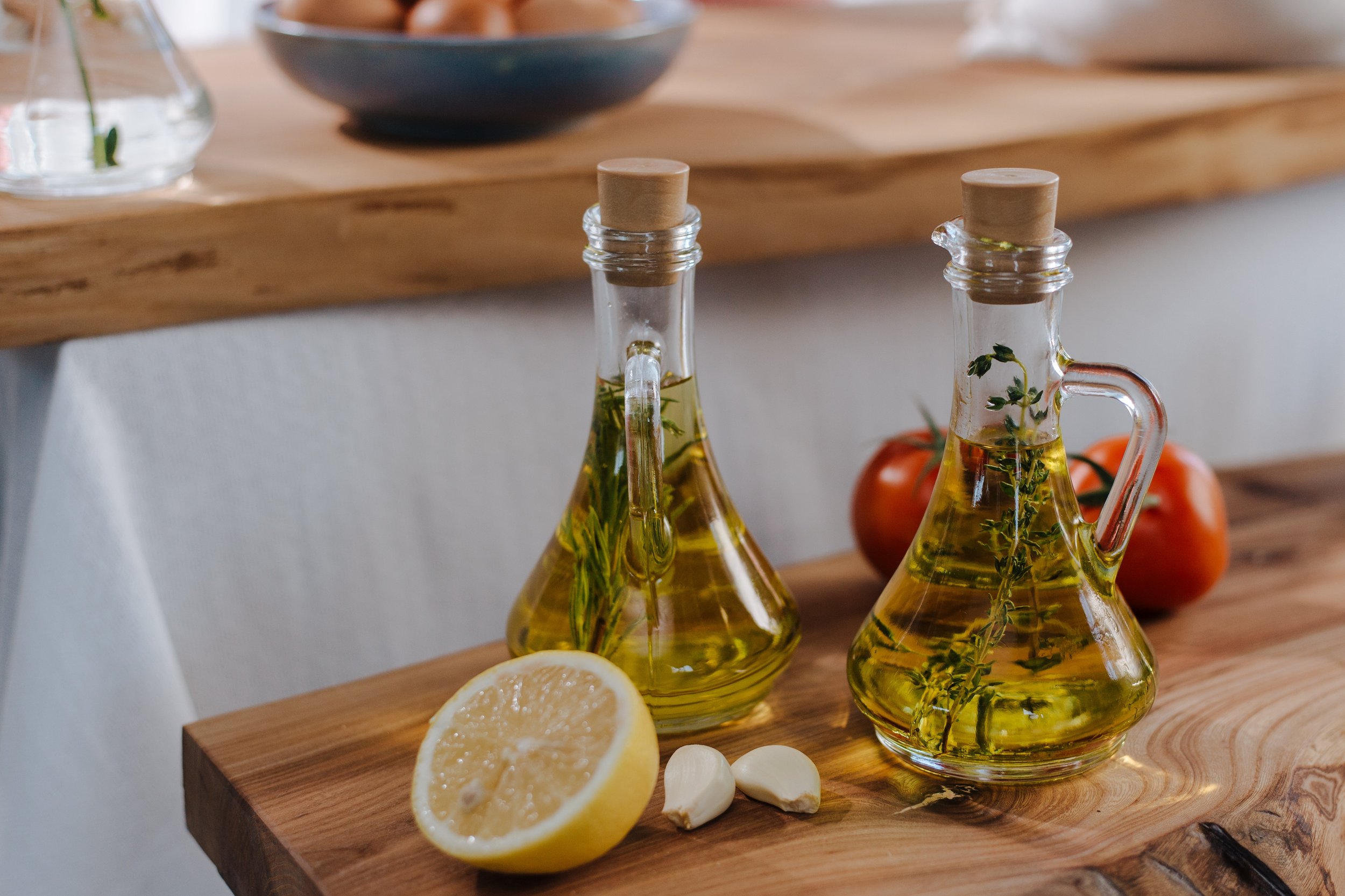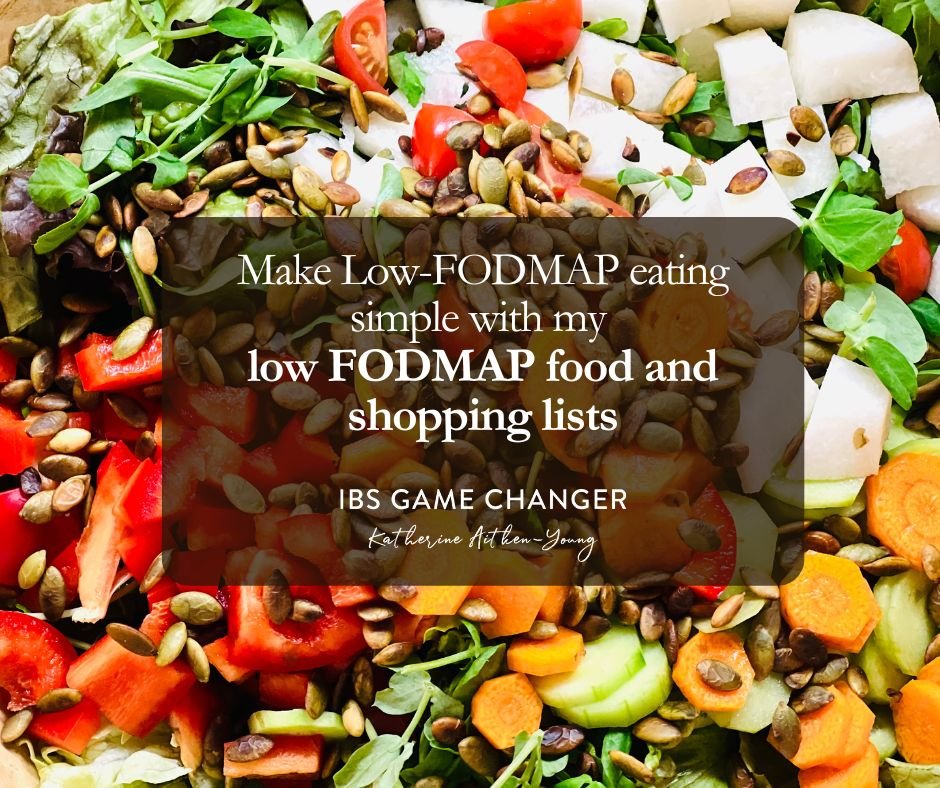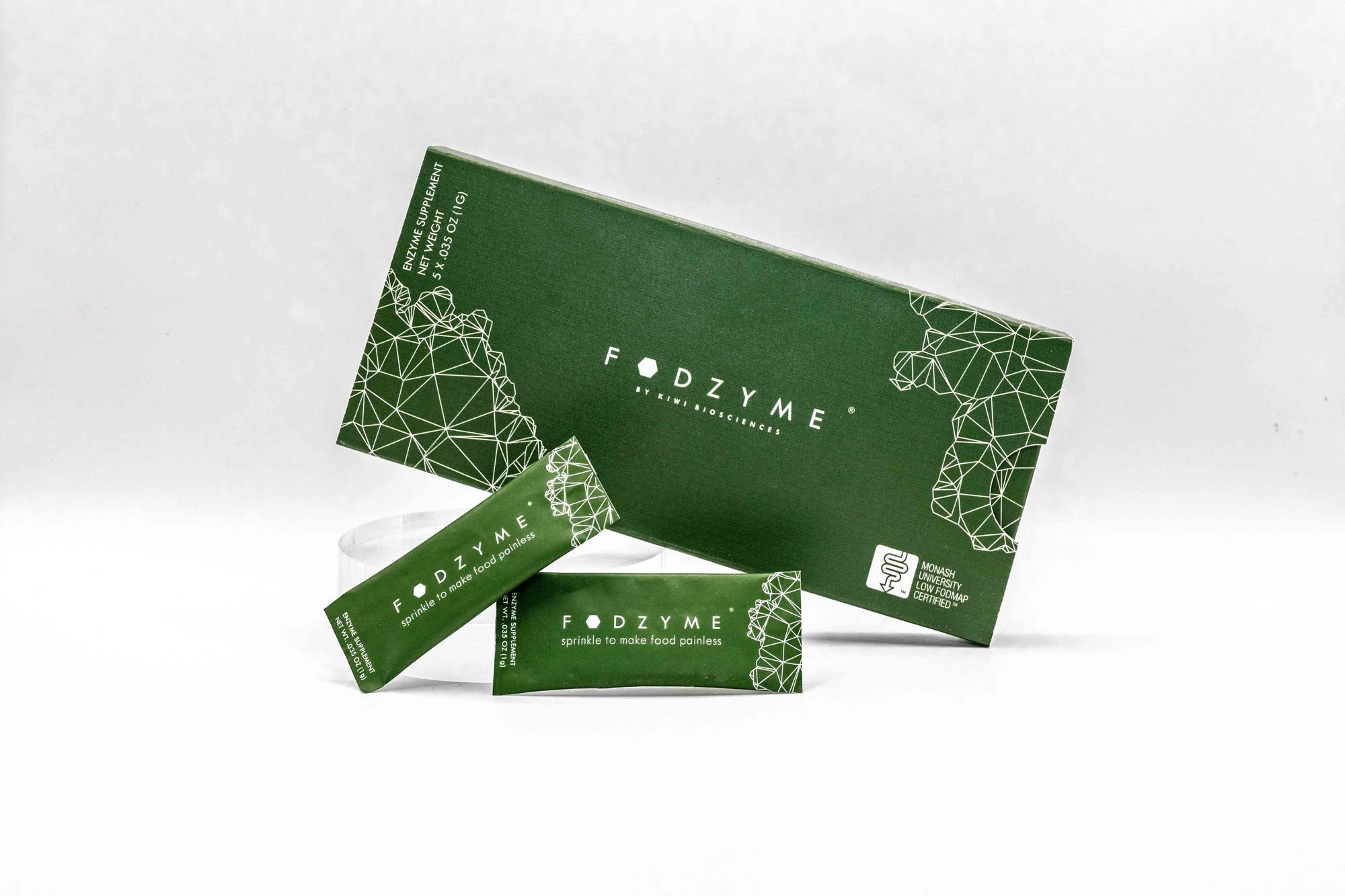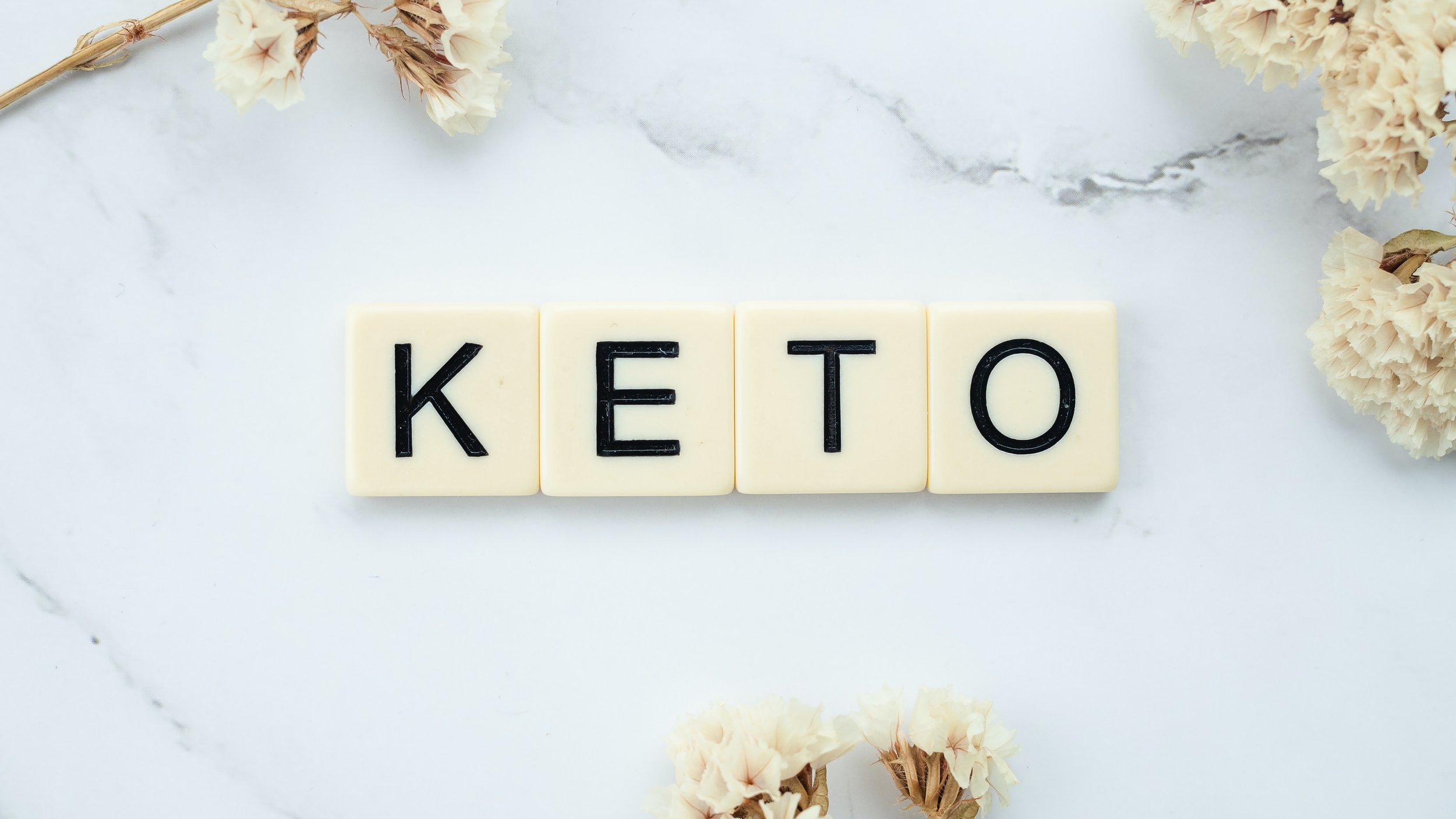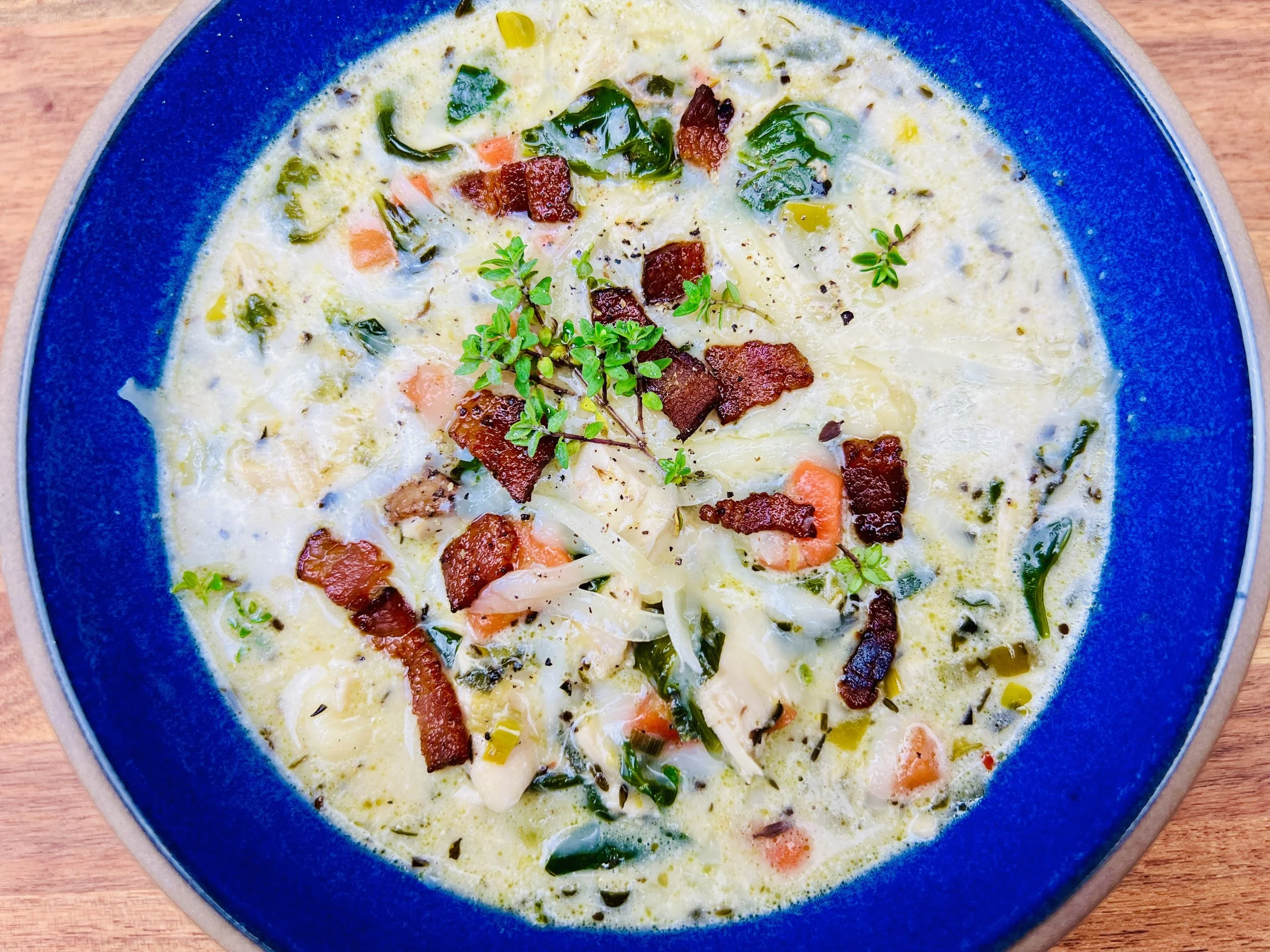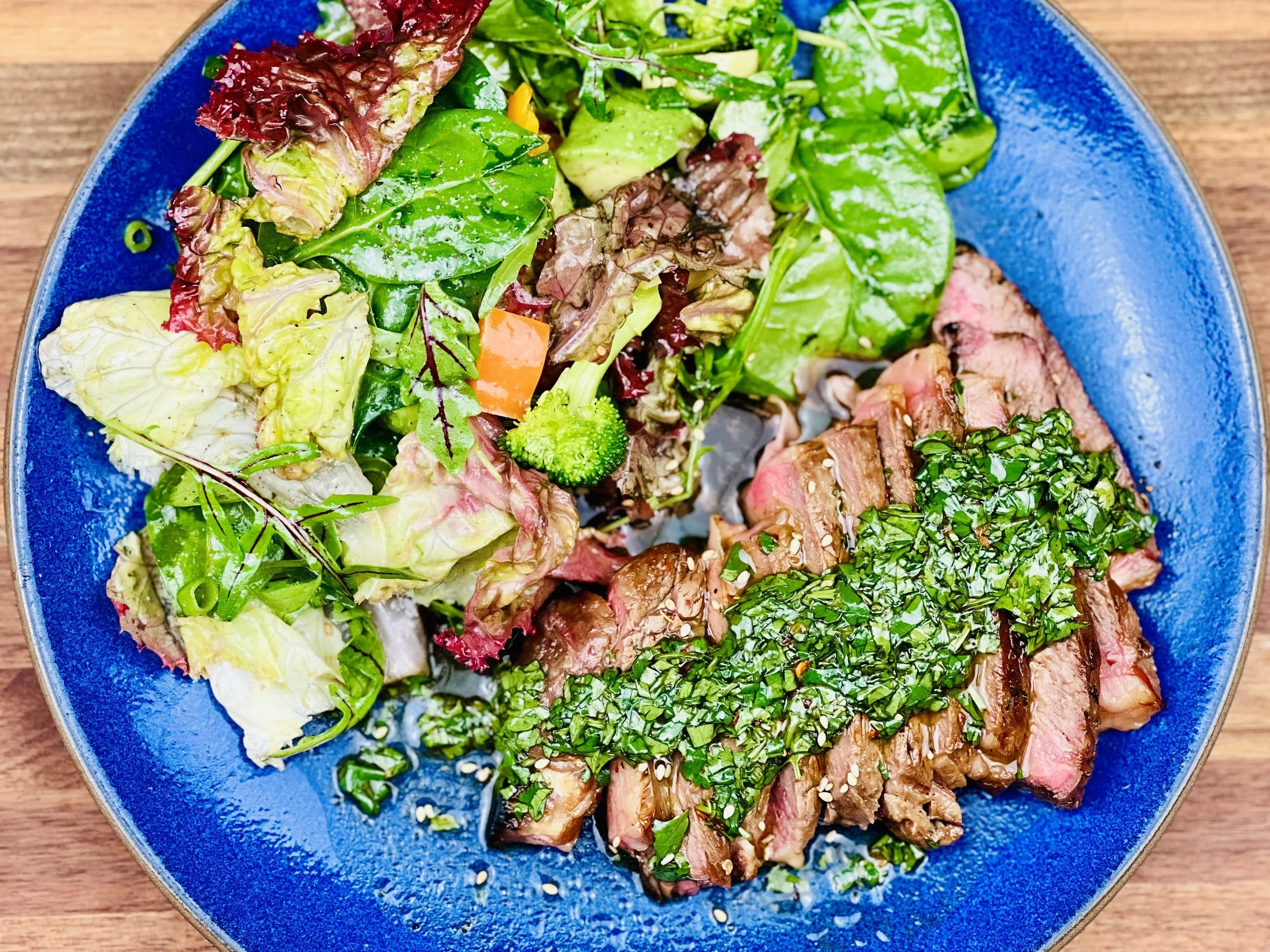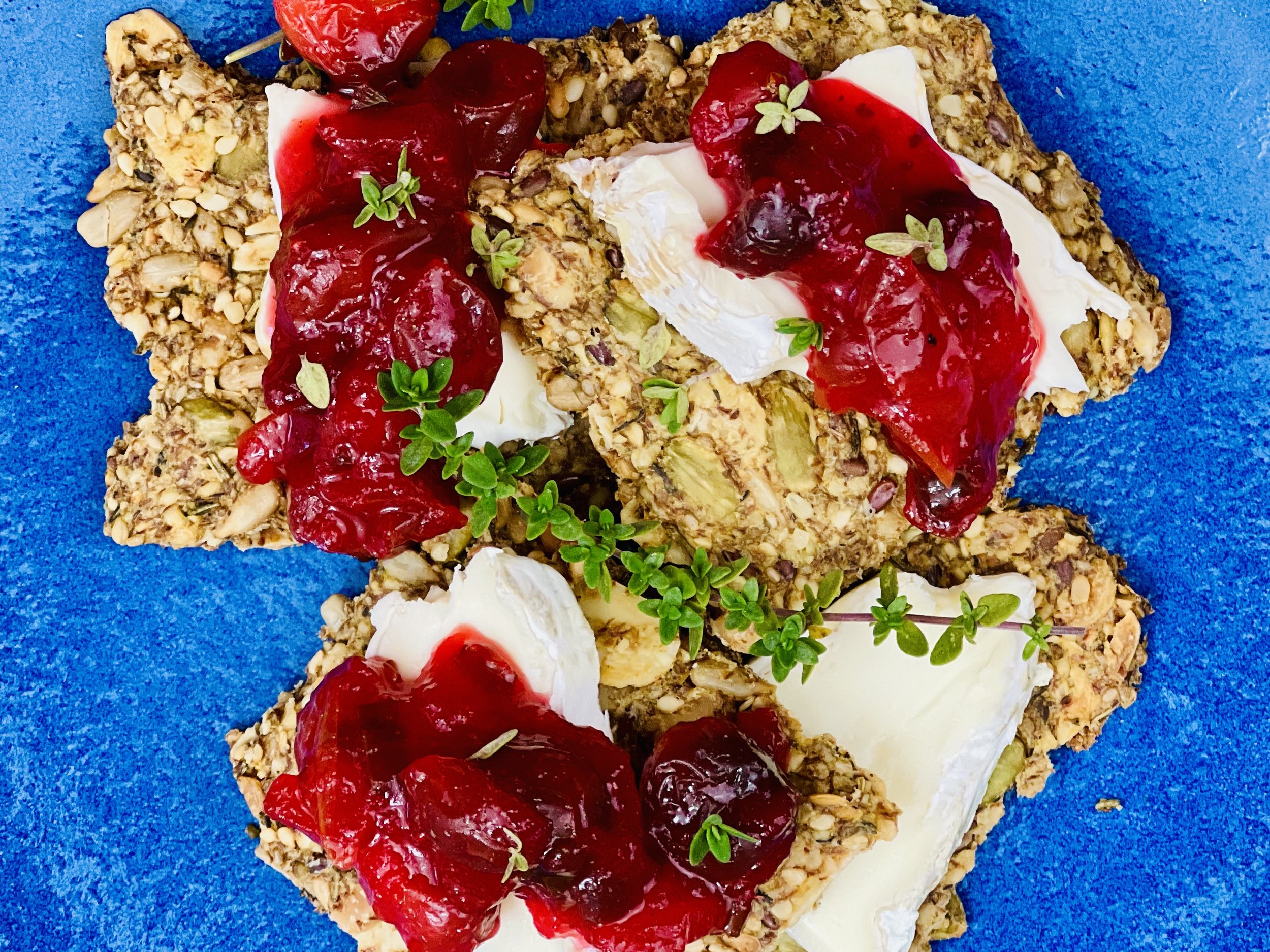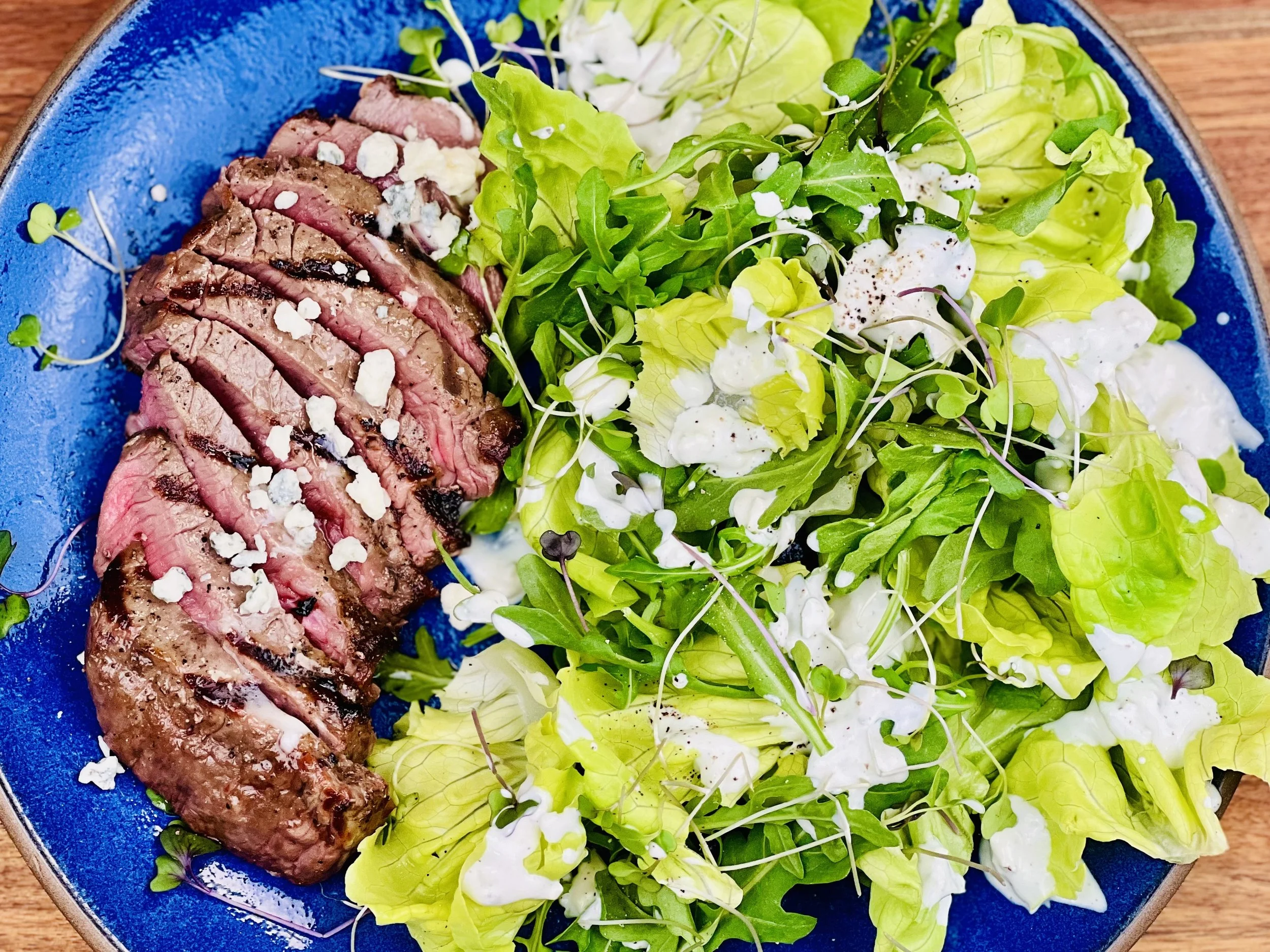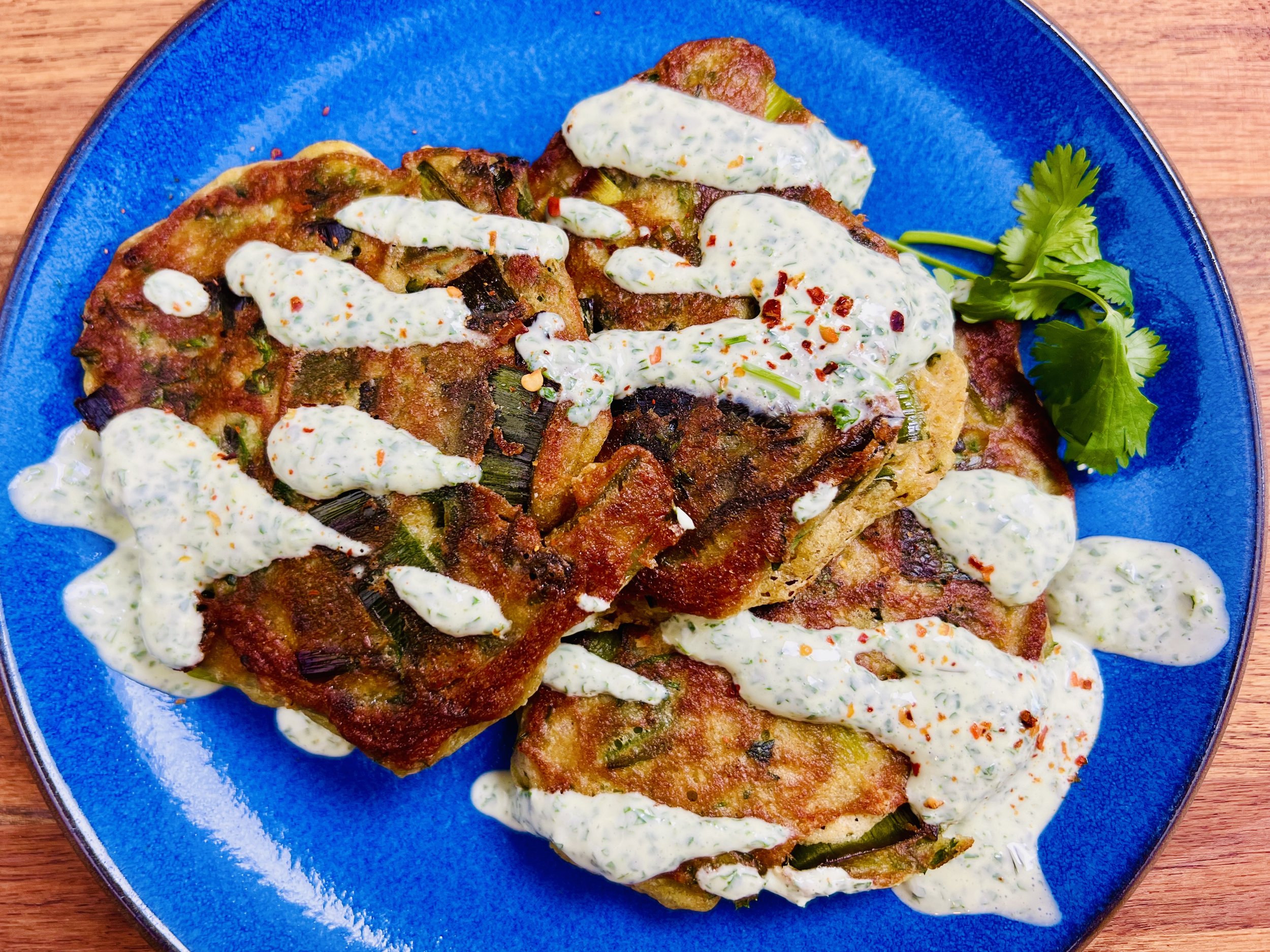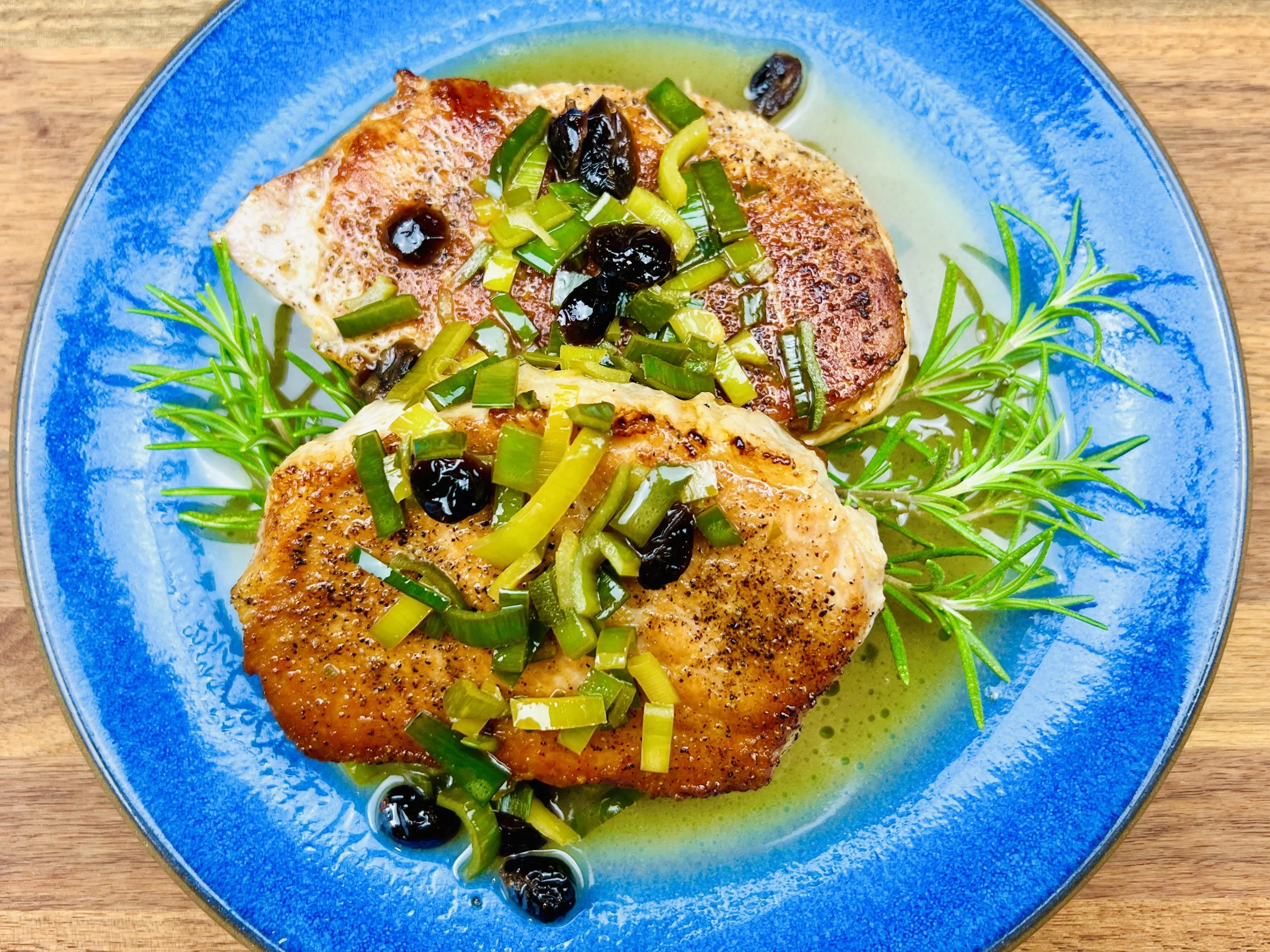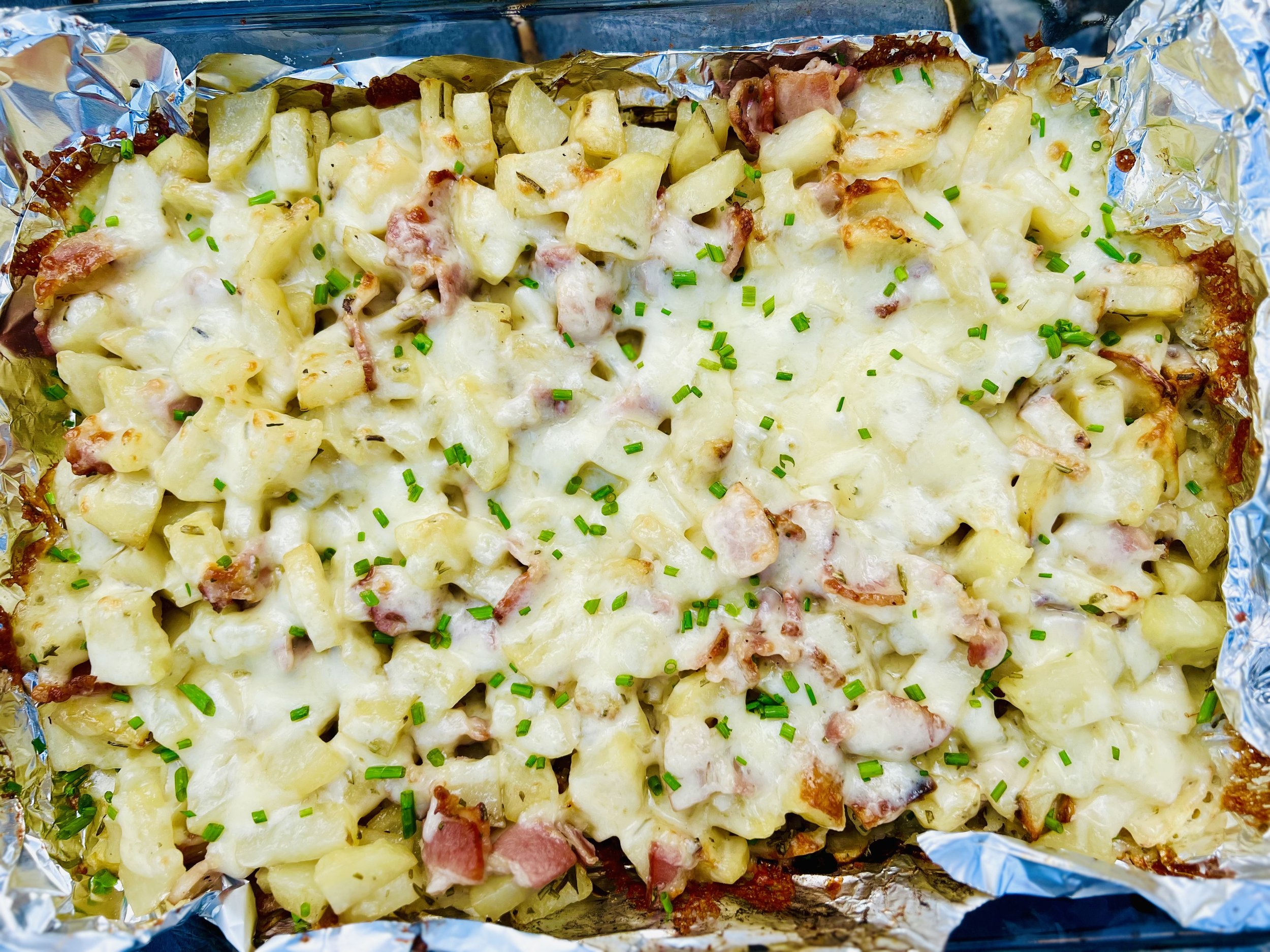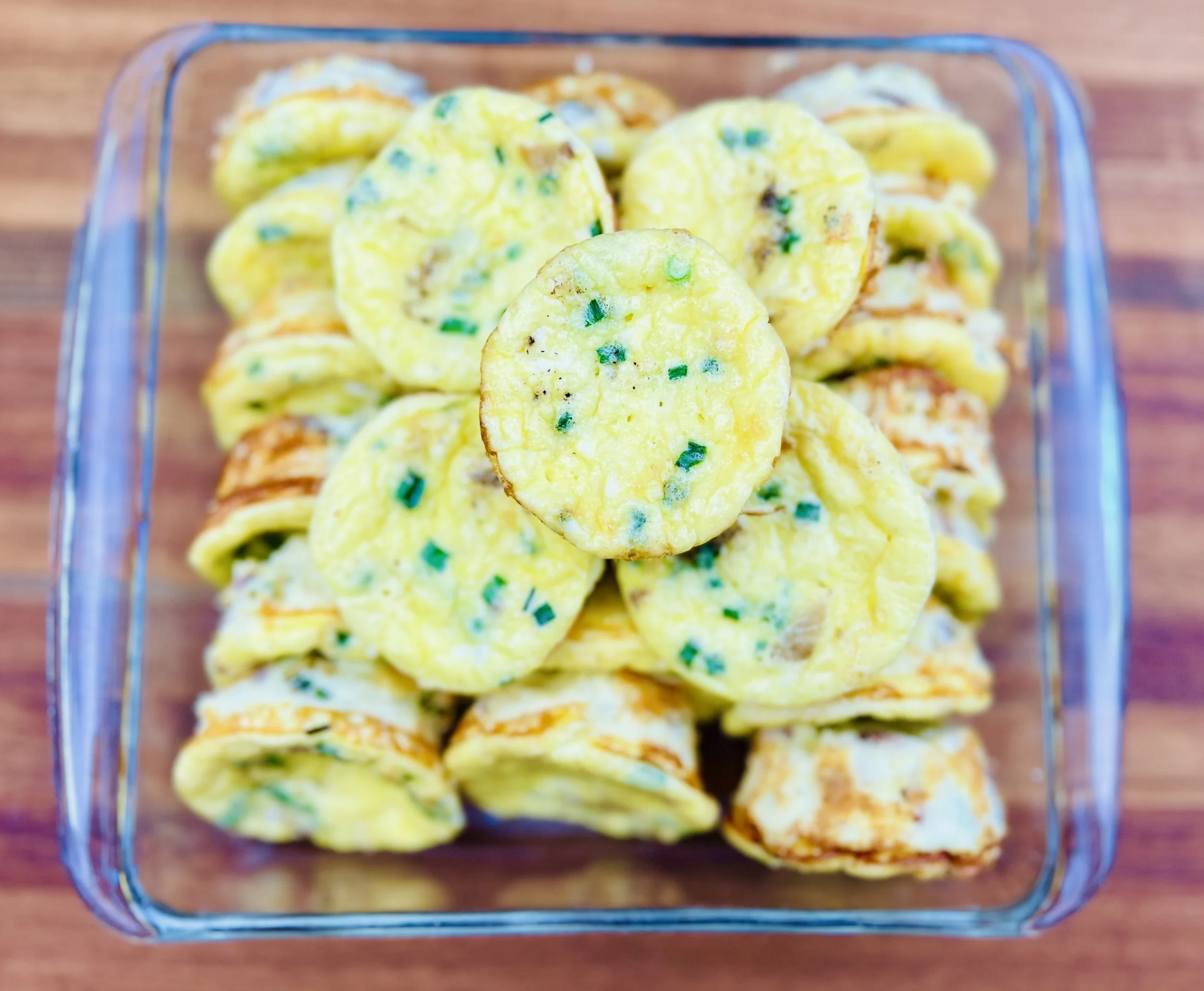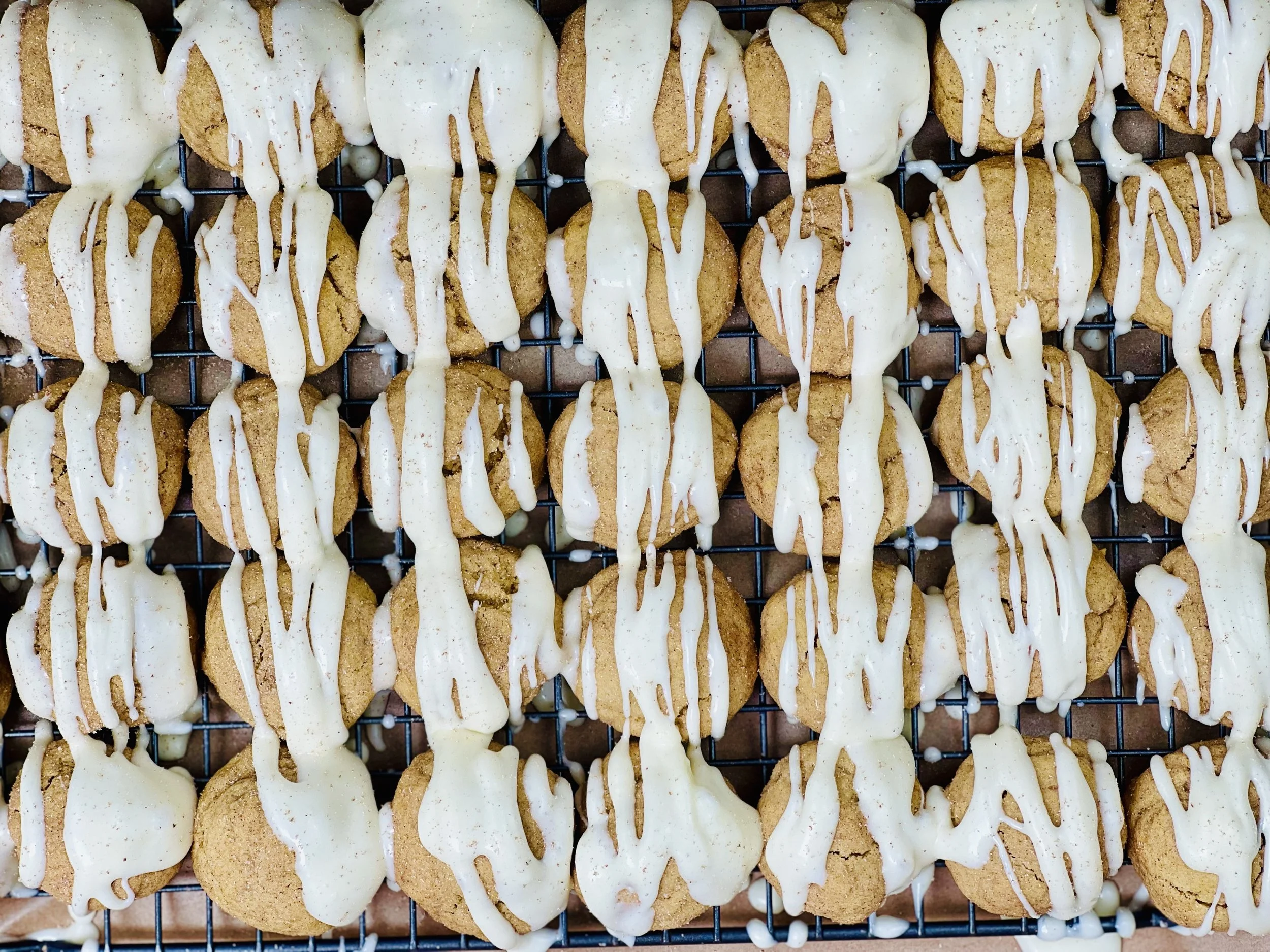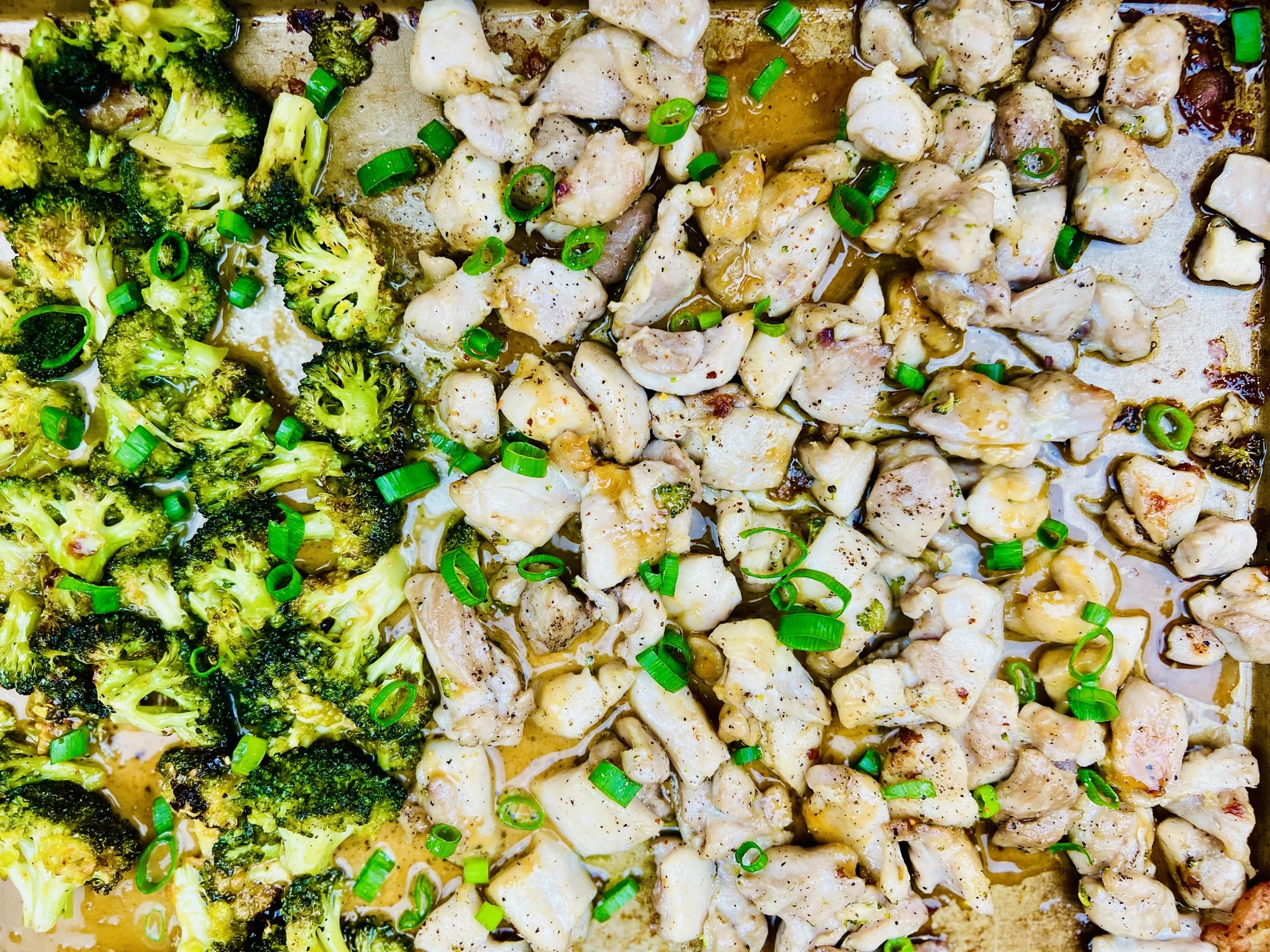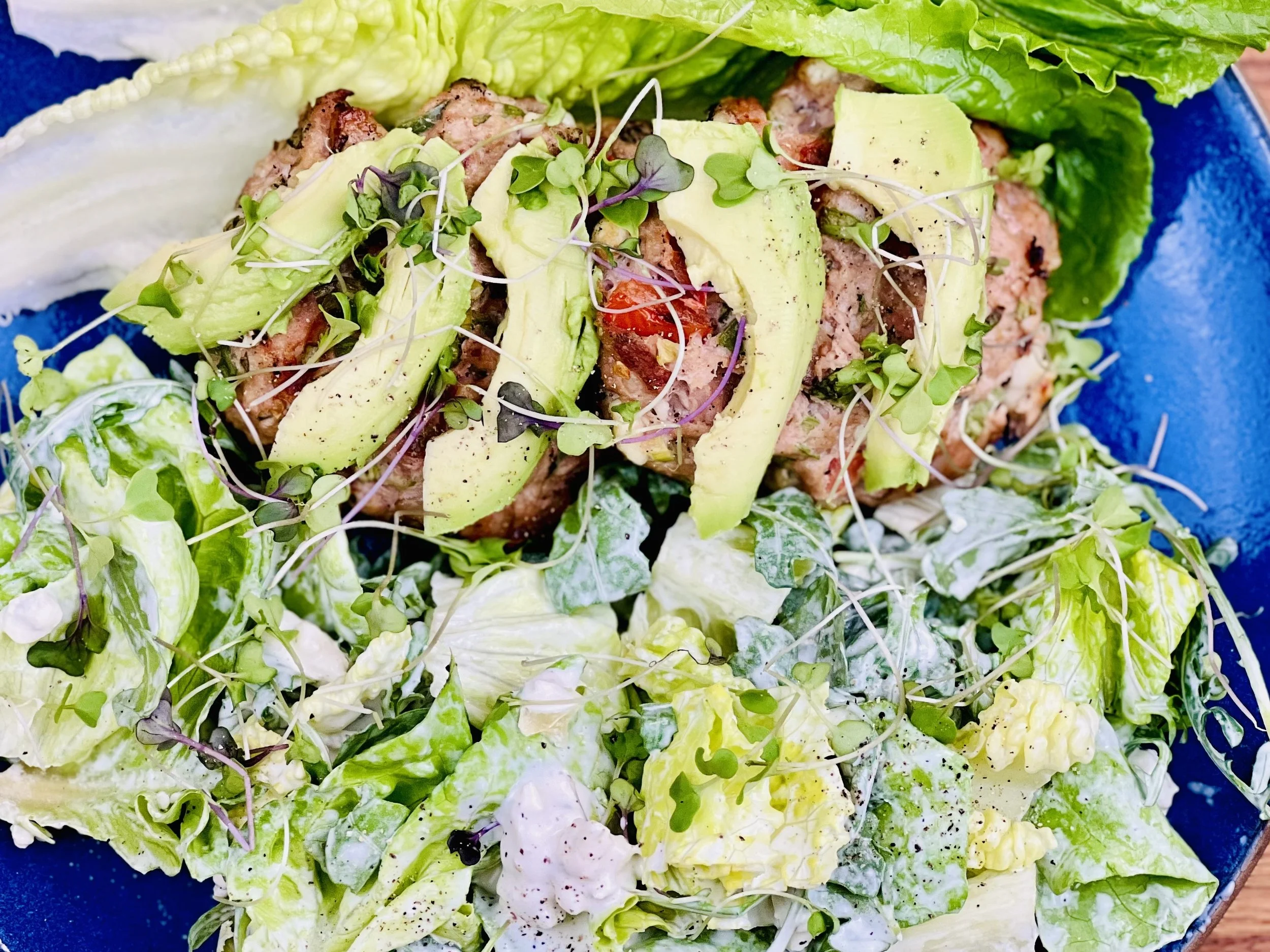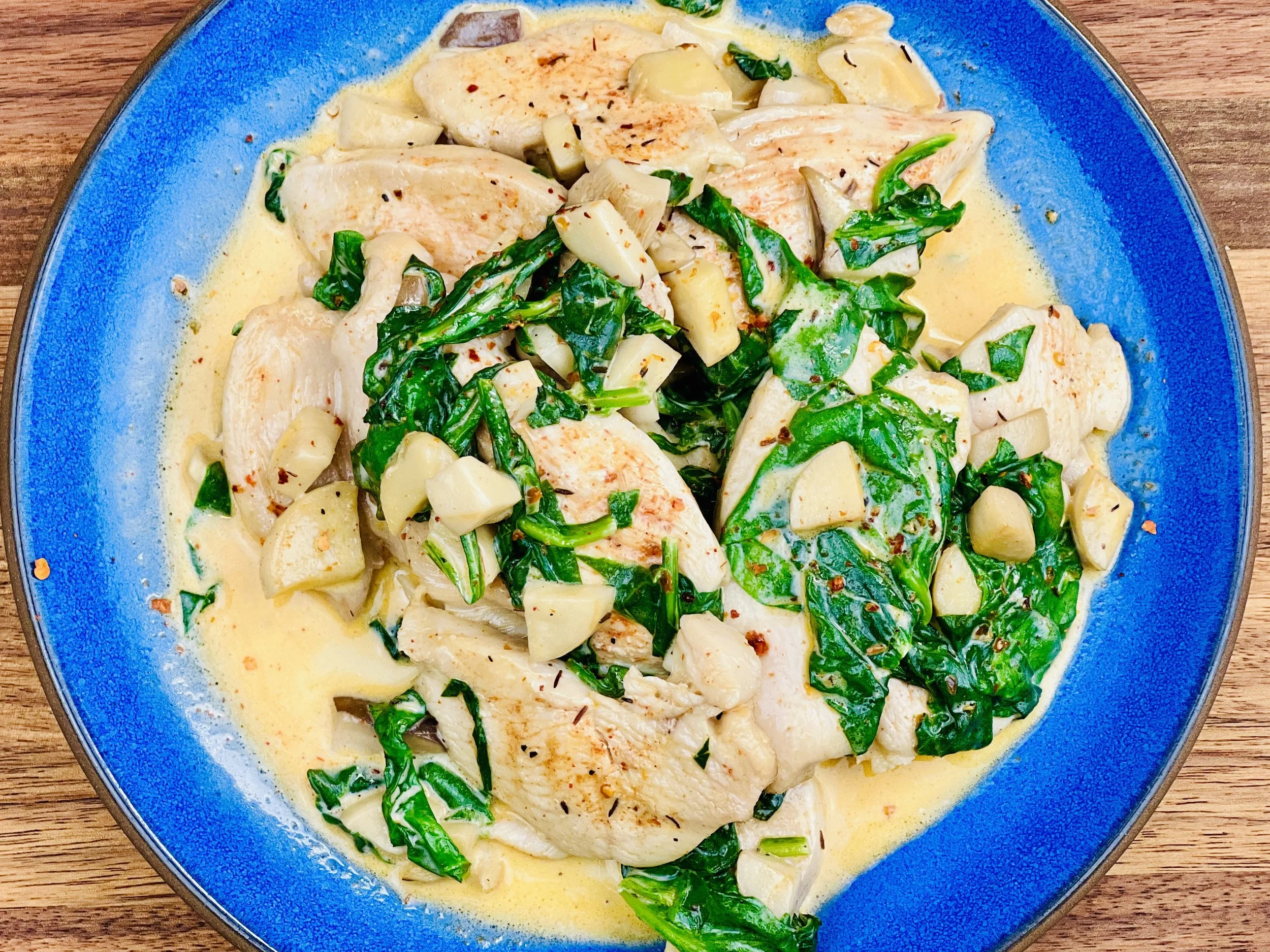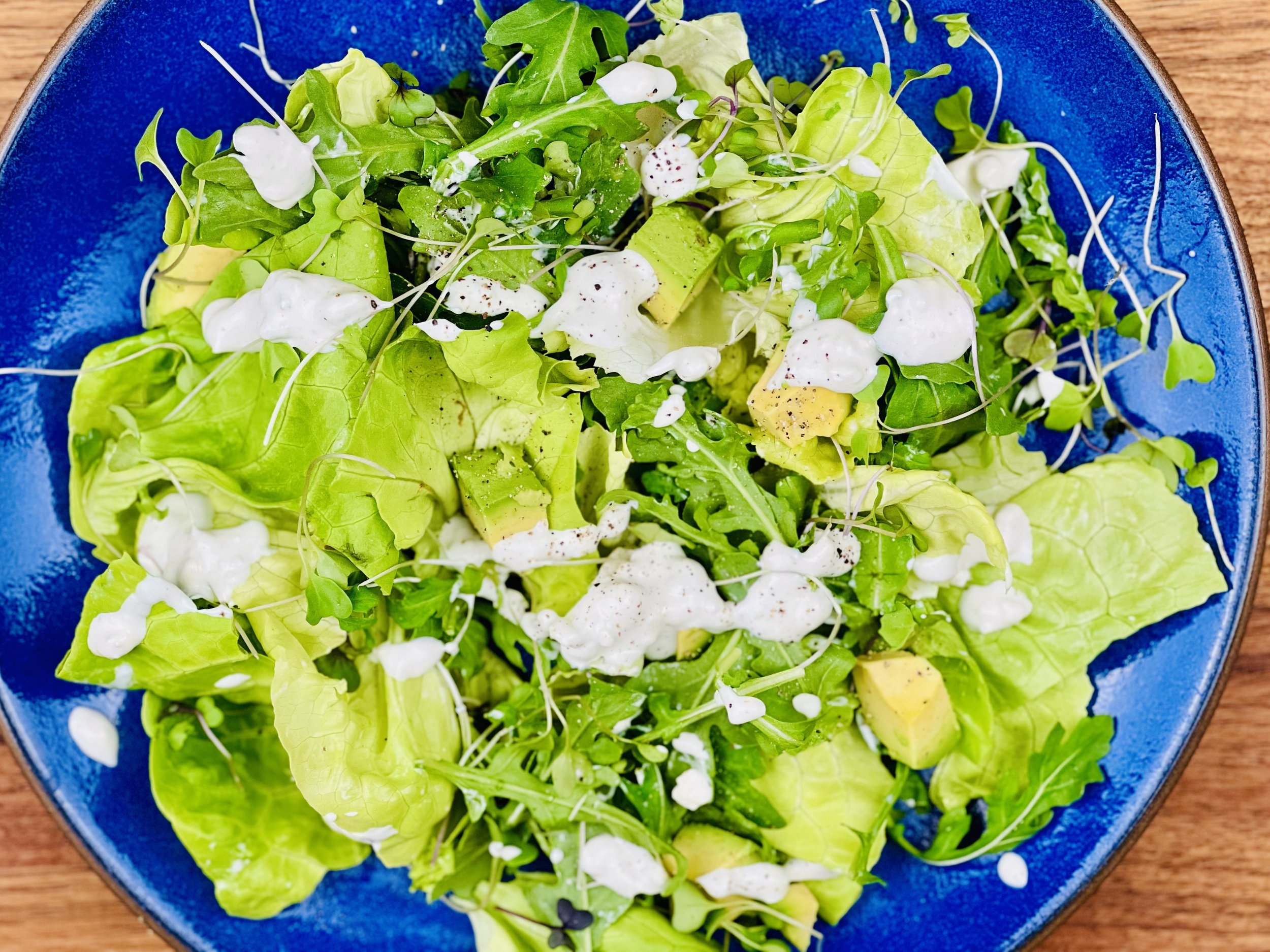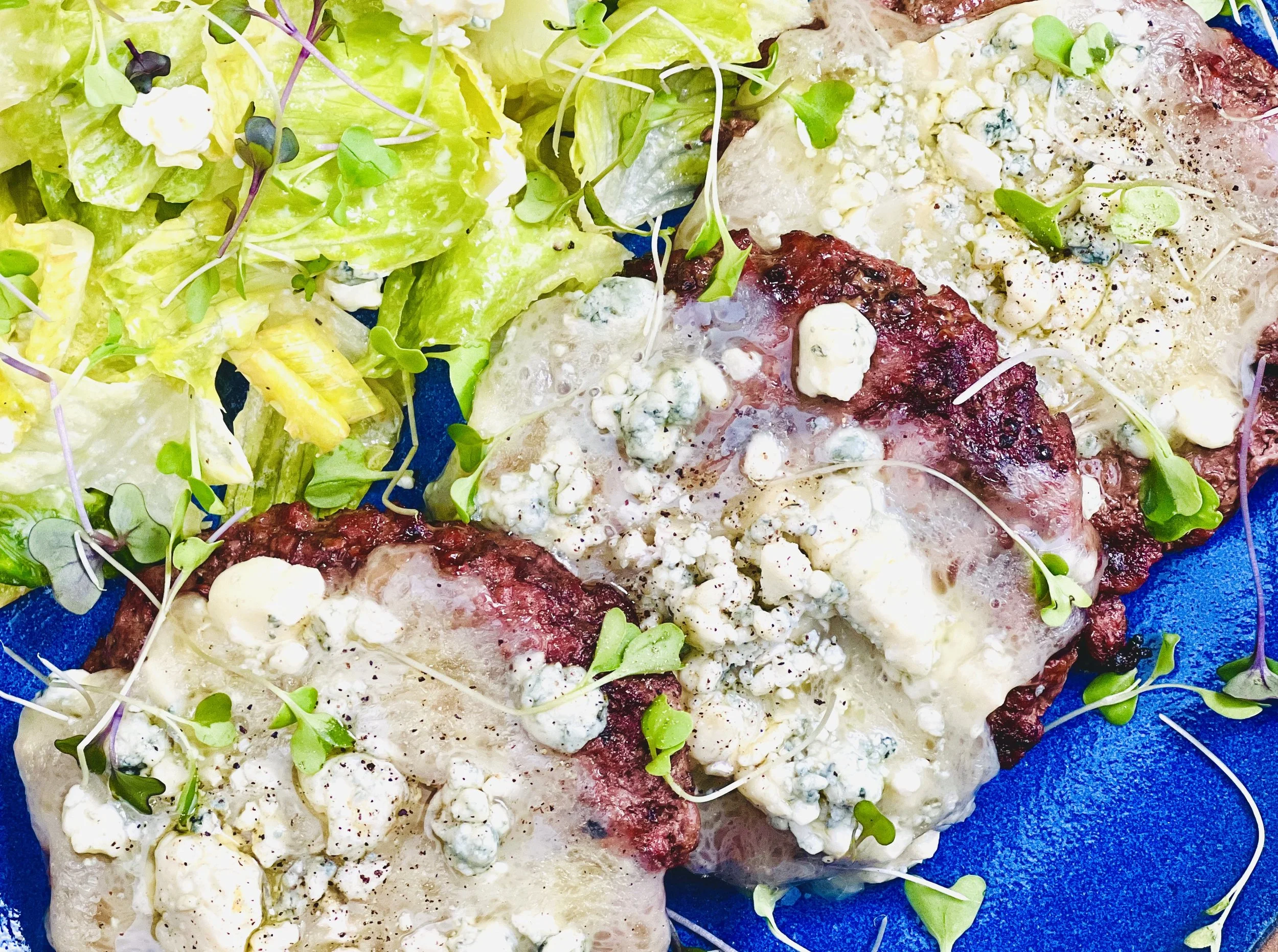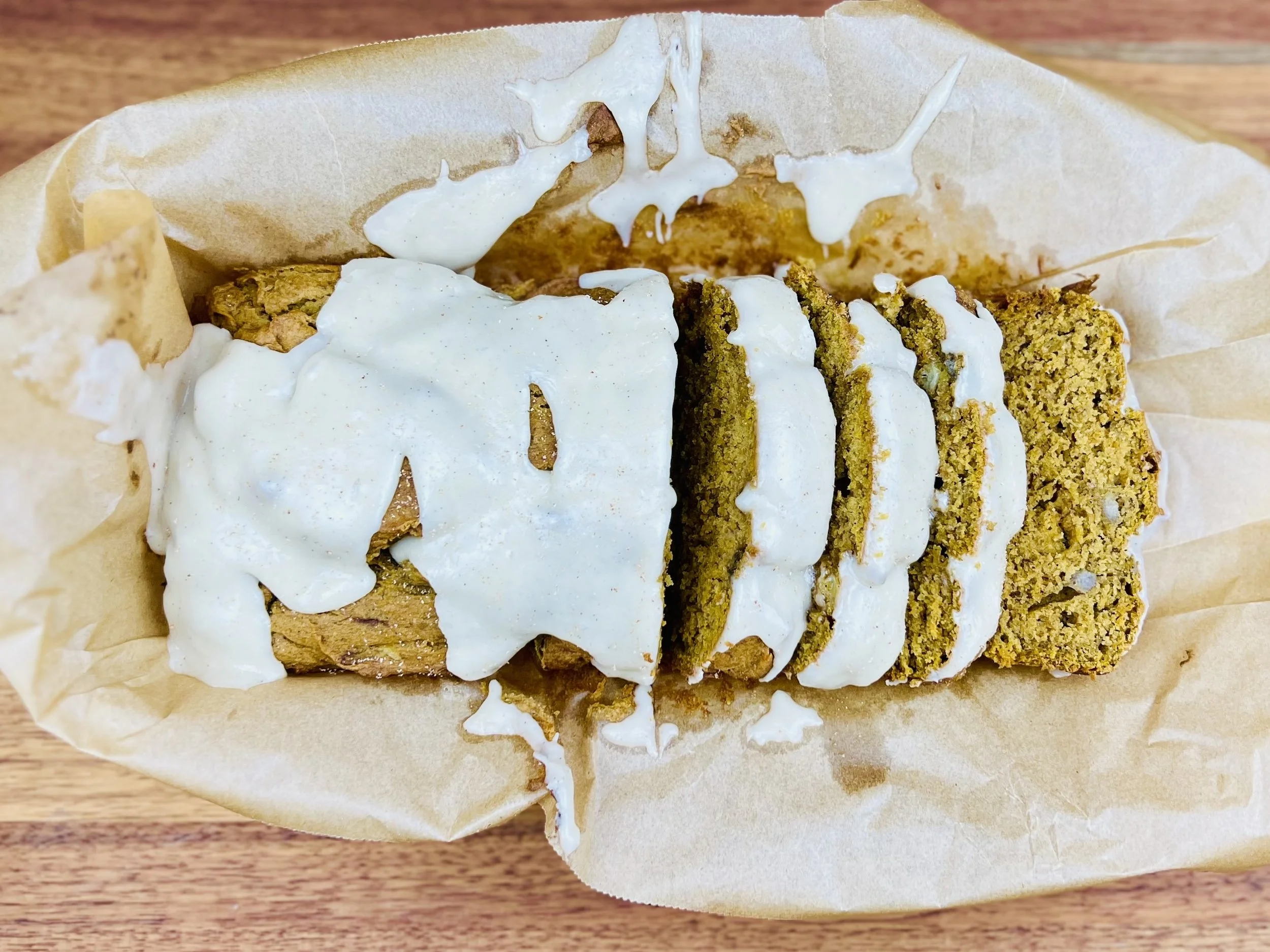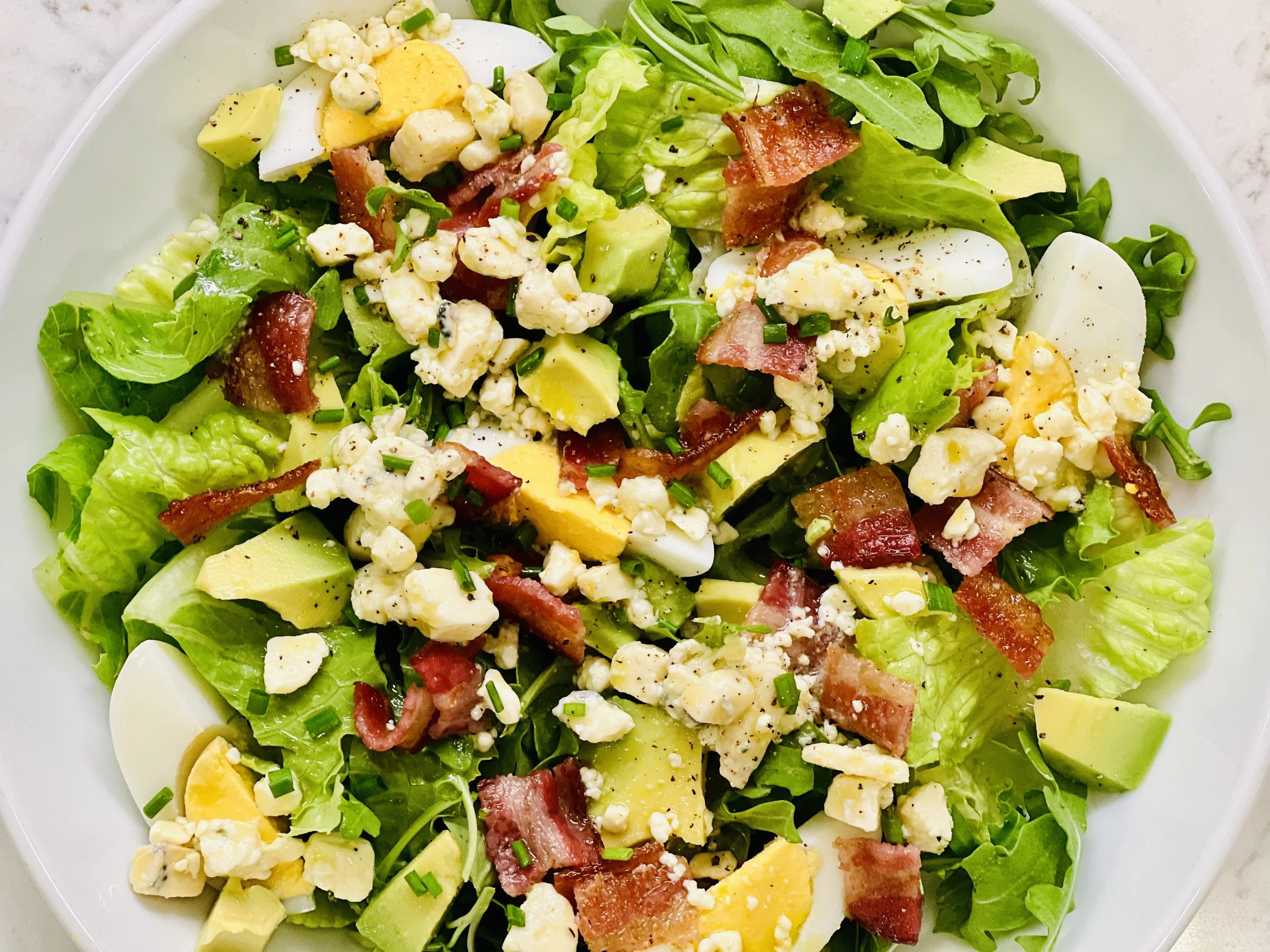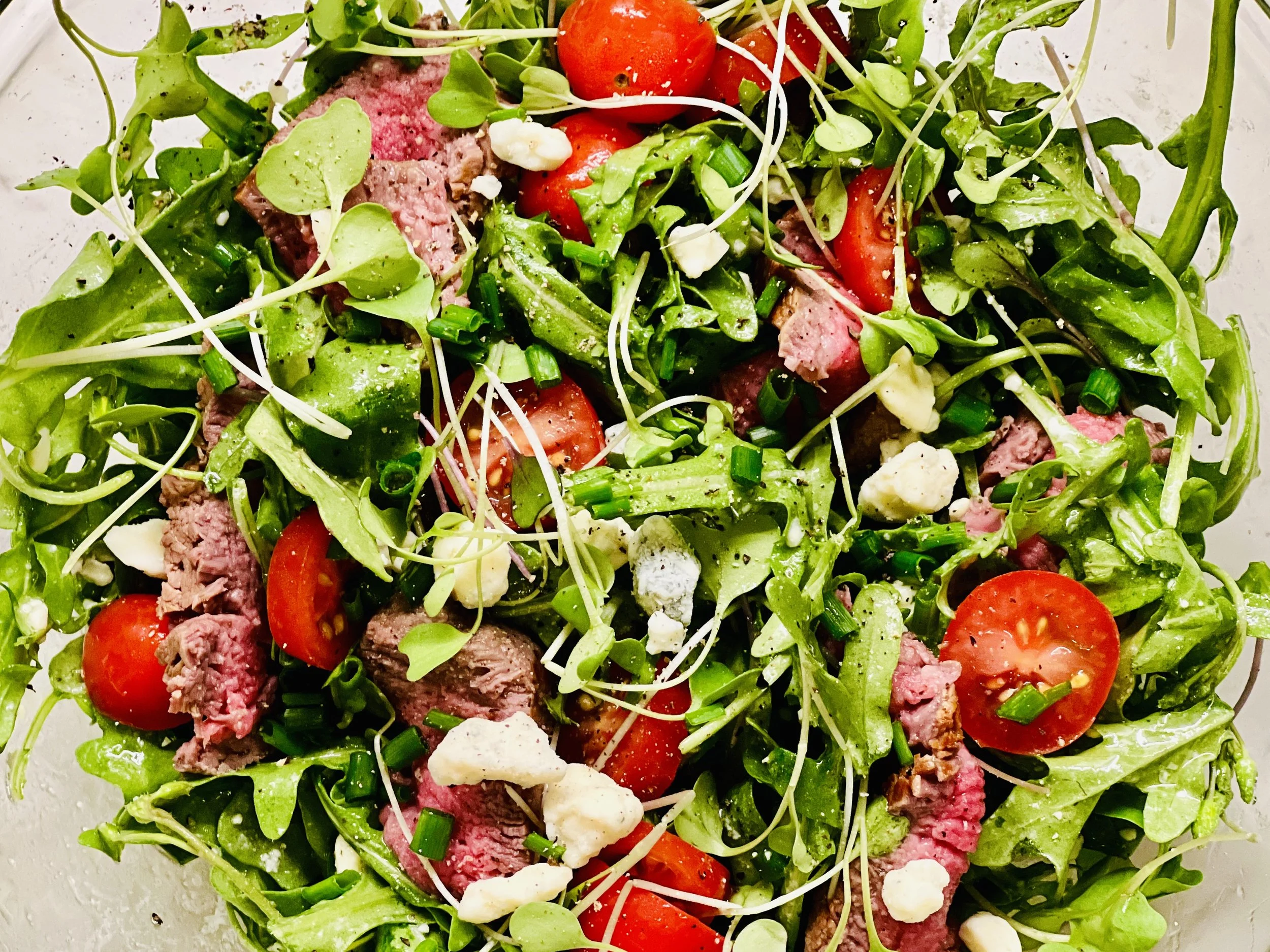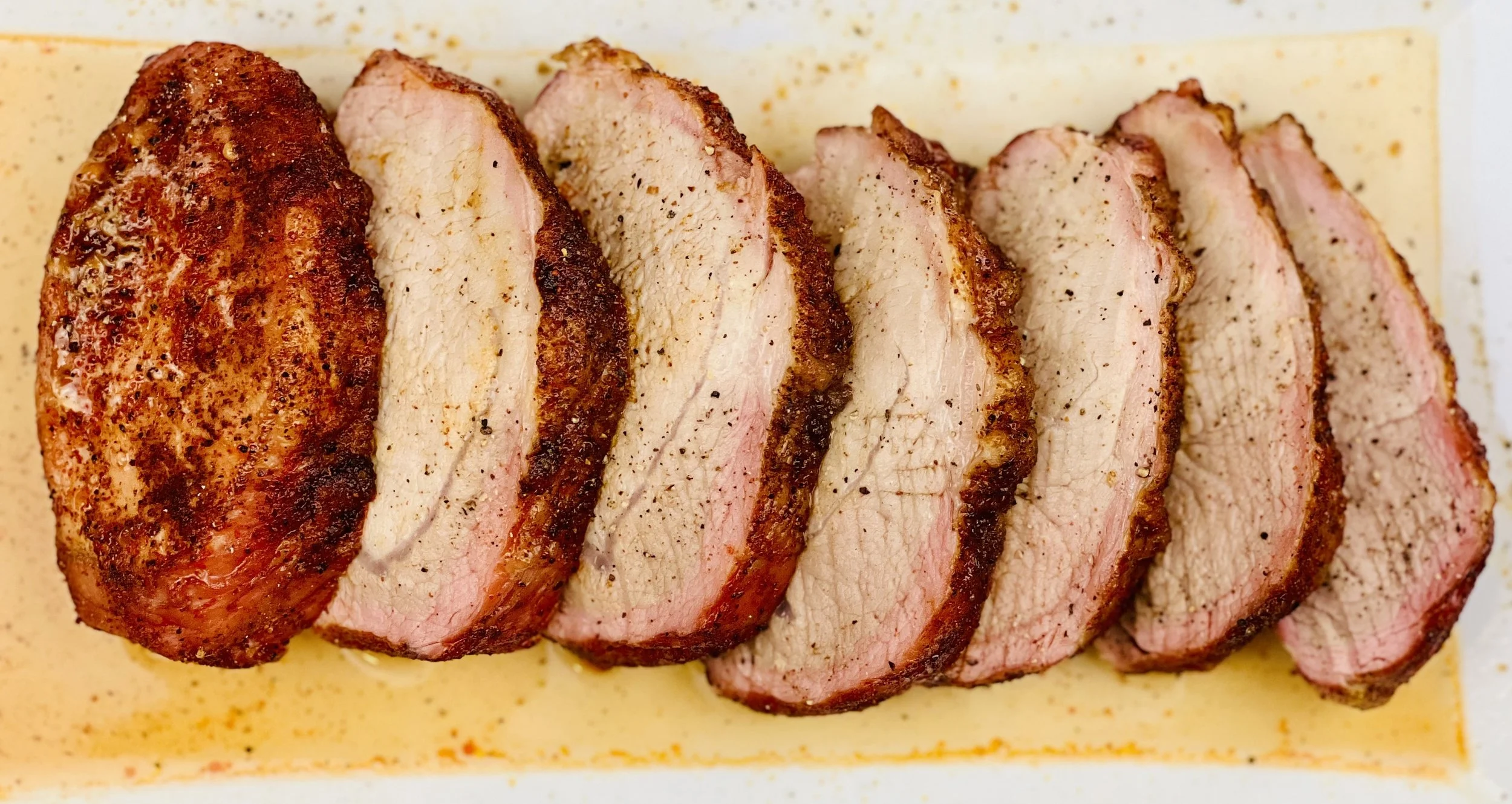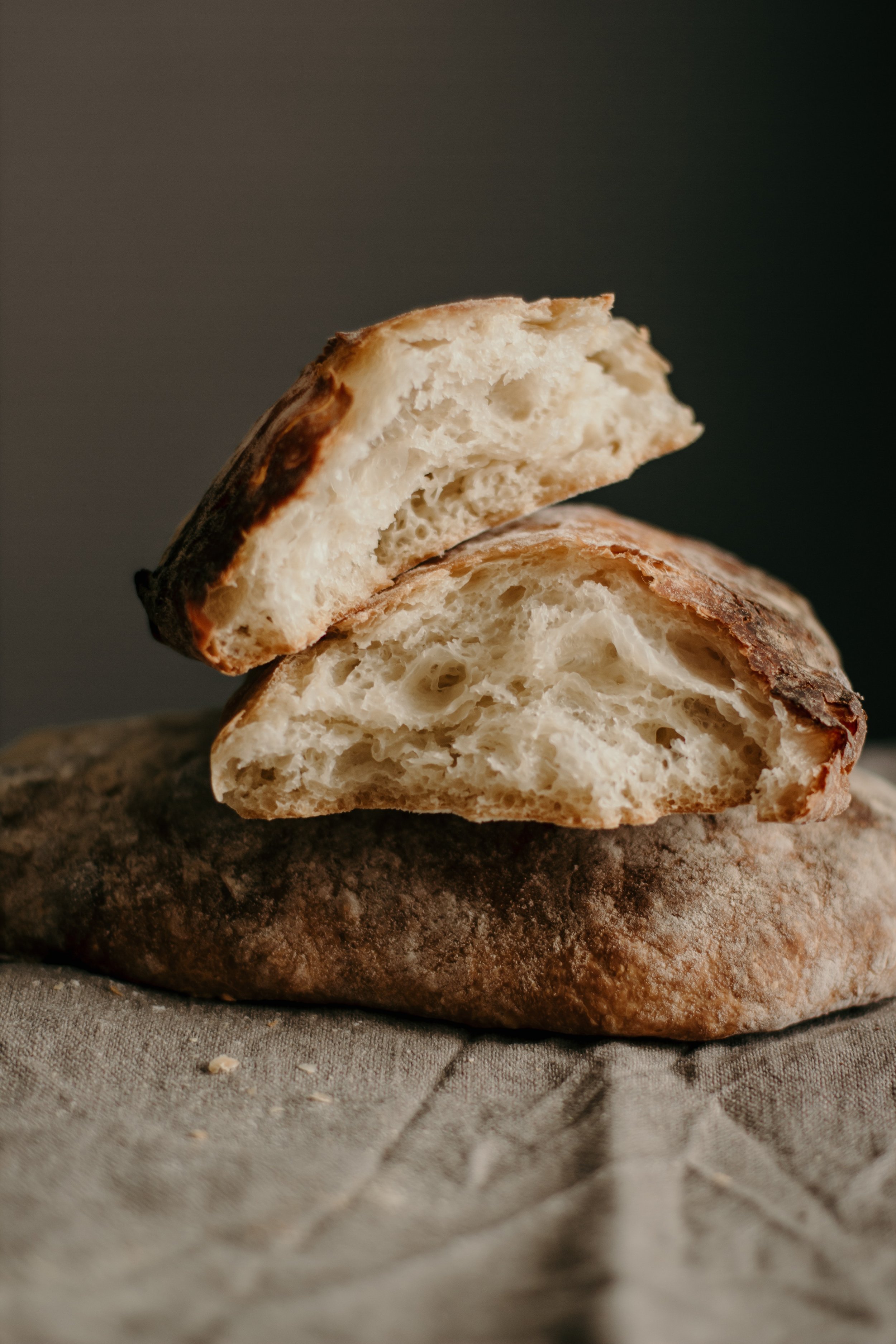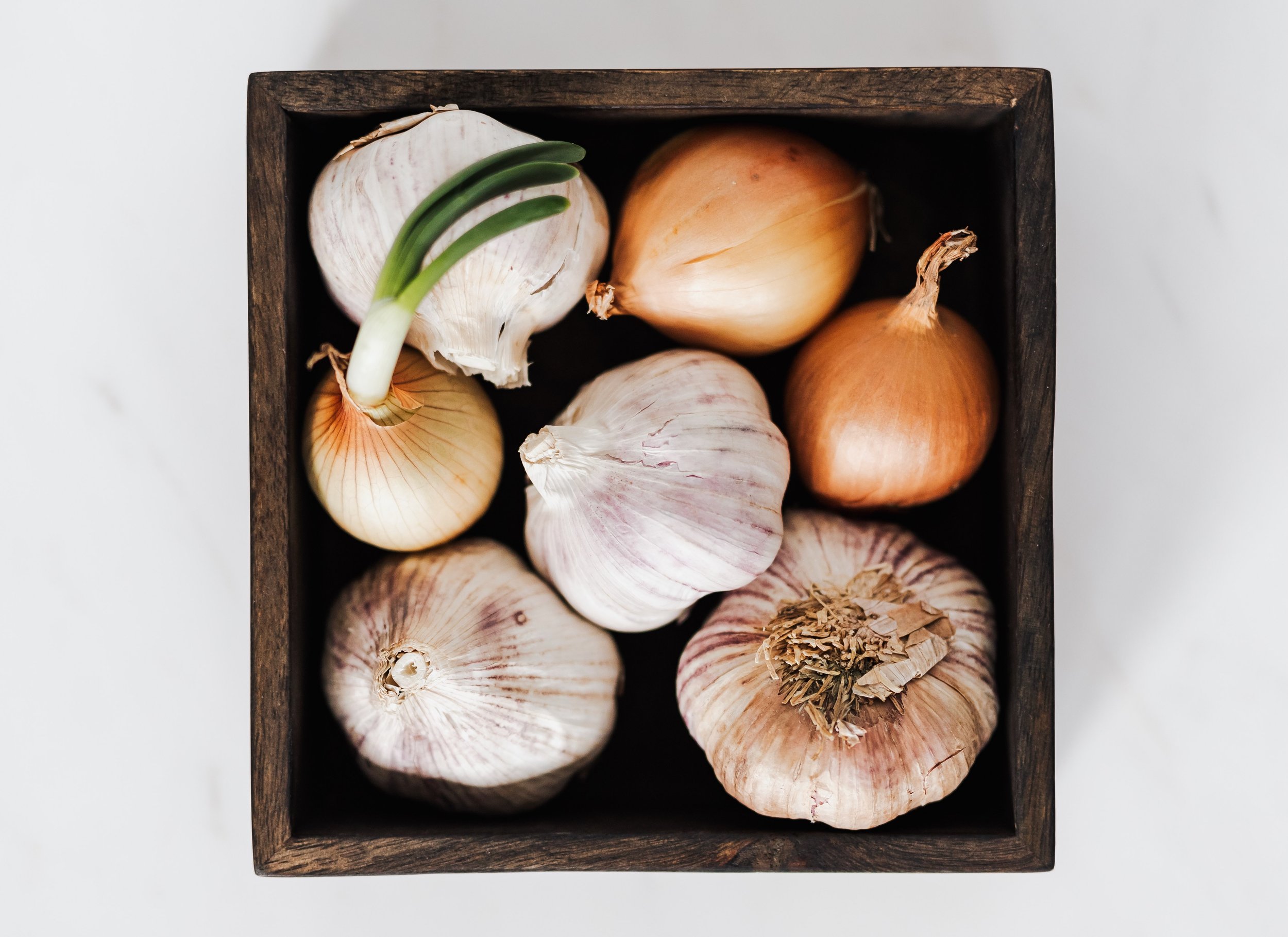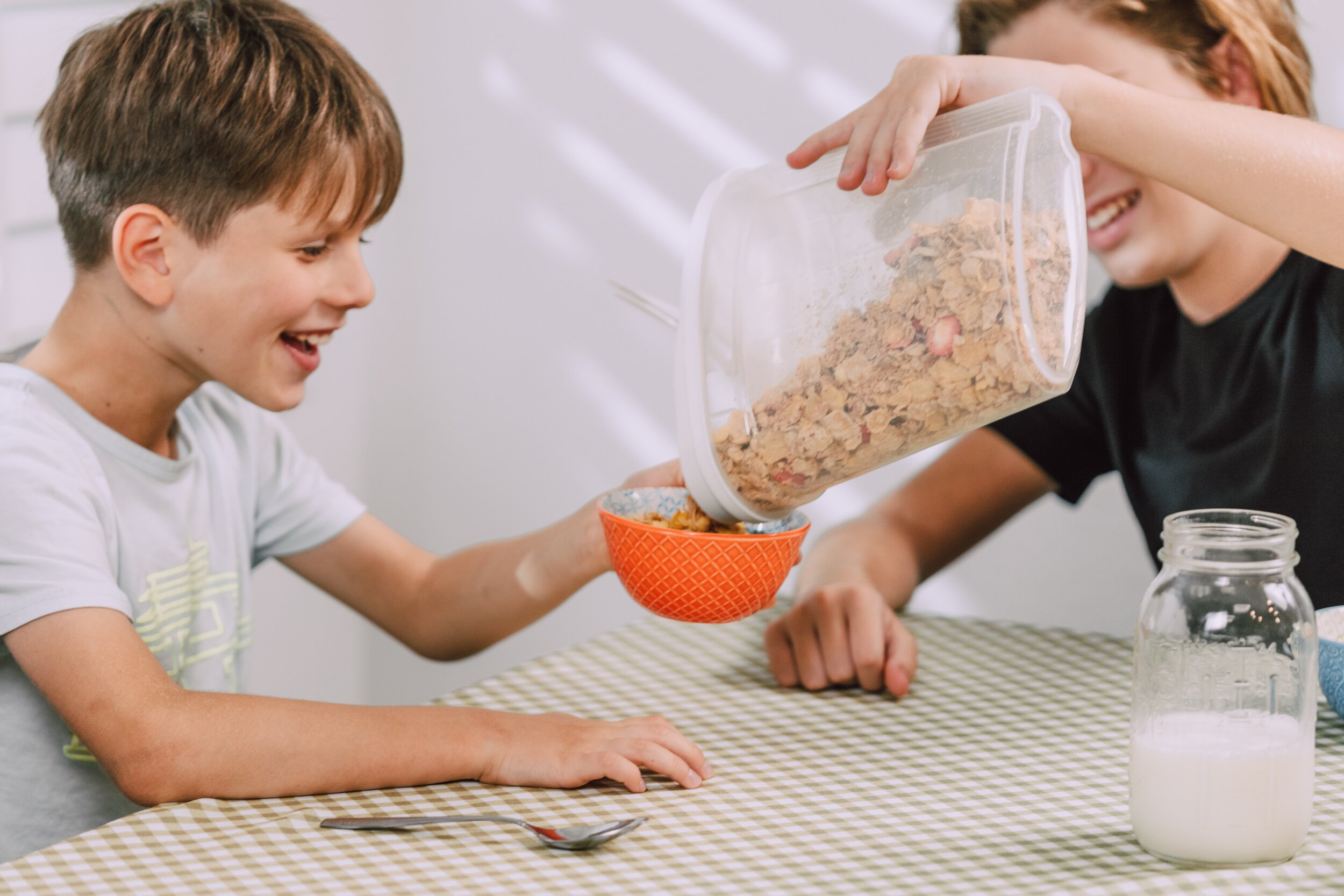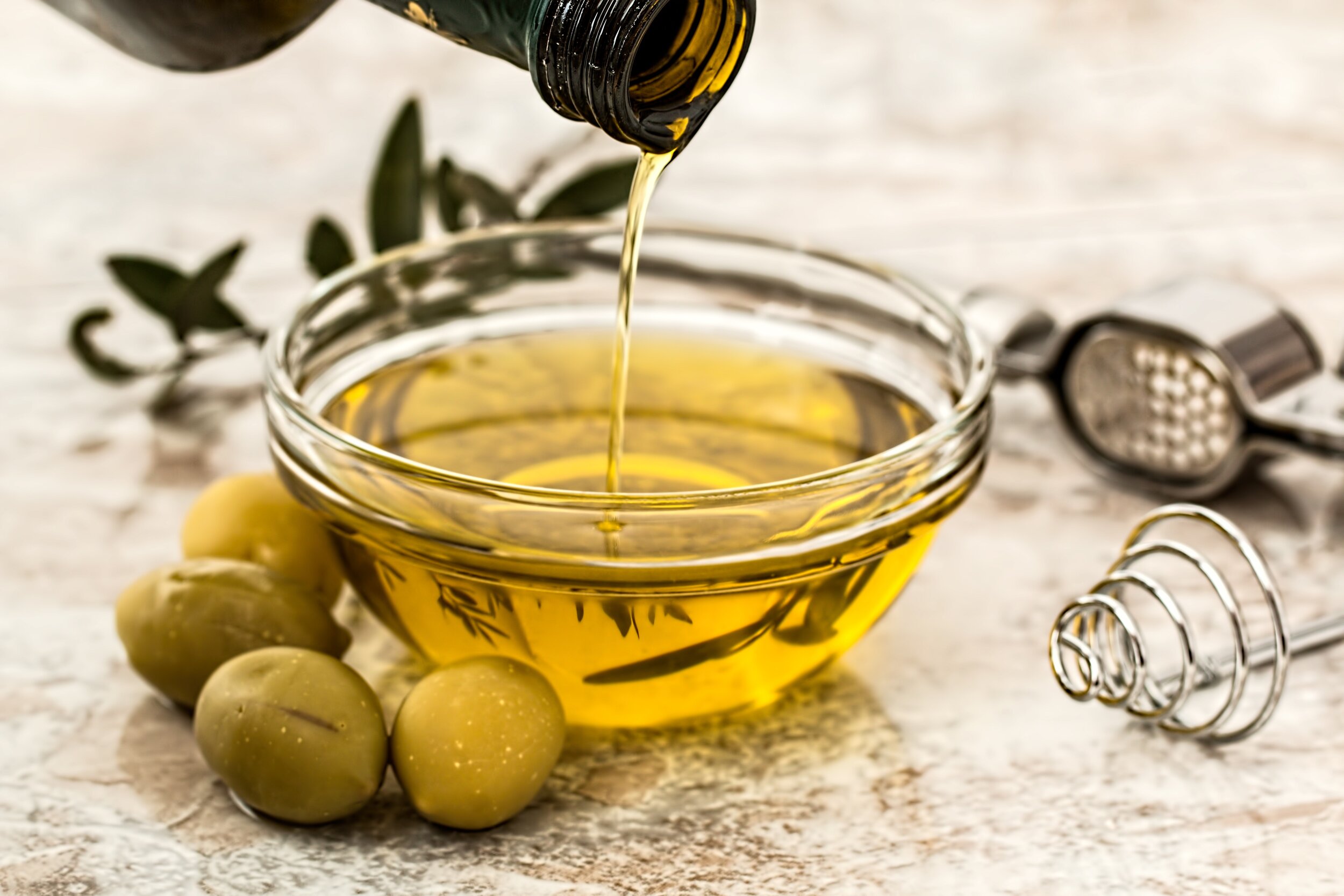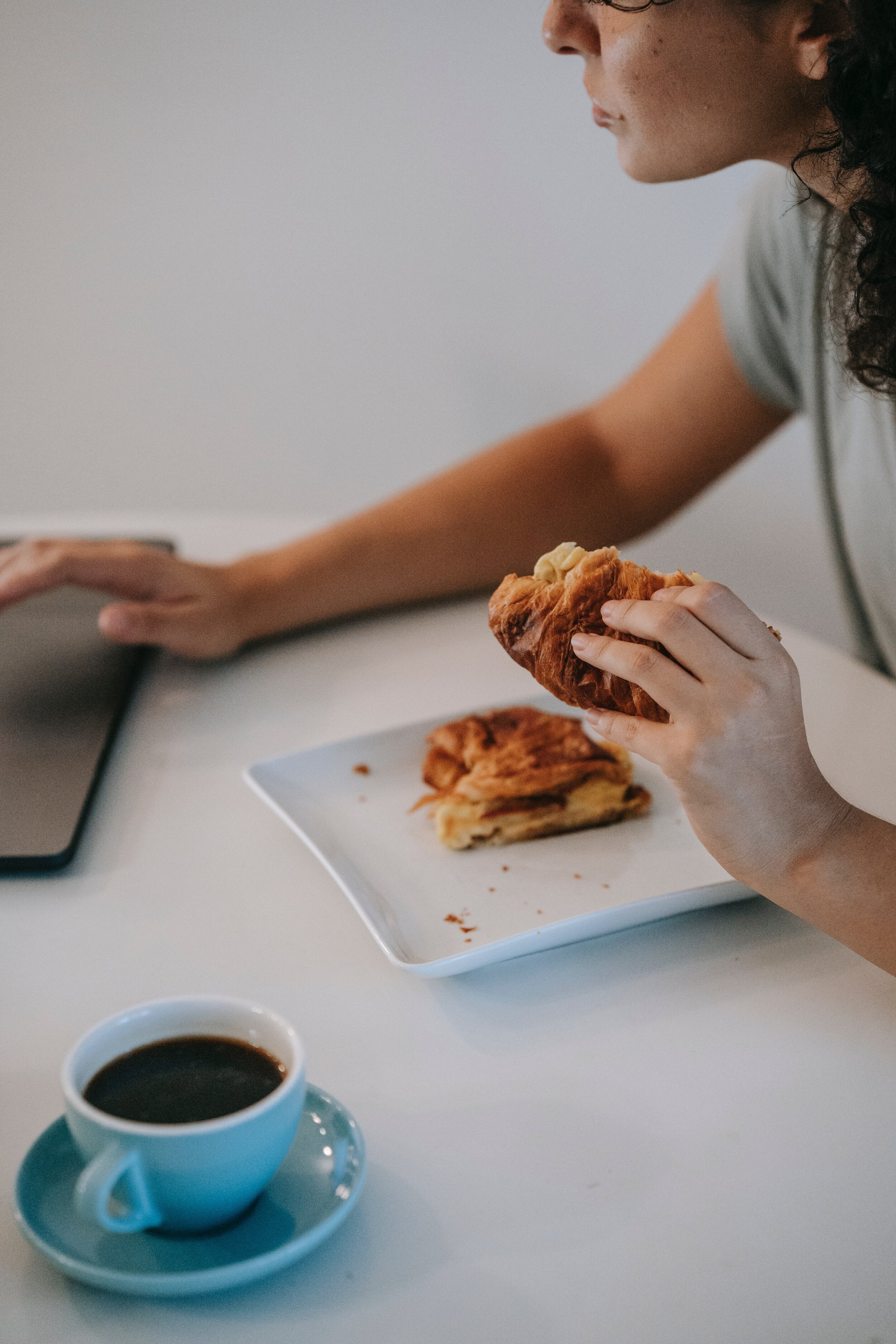Deliciously Low FODMAP
Inspire yourself with hundreds of delicious low FODMAP recipes, tips, and tools, and enjoy the abundance that is yours even when you have IBS.
Use the buttons and filters to find something specific or browse the complete collection for inspiration.
Discover a treasure trove of recipes with my FREE recipe club! Get new ideas delivered straight to your inbox every week.
Deliciously Low FODMAP is a trademark of IBS Game Changer, LLC
Filter to find Recipes and Tools
More Filtering Options
- All 709
- Appetizer 49
- BBQ 46
- Bowl 32
- Breakfast 58
- Cocktails 13
- Collection 1 58
- Collection 10 27
- Collection 11 30
- Collection 12 27
- Collection 13 31
- Collection 14 29
- Collection 15 31
- Collection 16 34
- Collection 17 31
- Collection 18 33
- Collection 19 36
- Collection 2 32
- Collection 20 33
- Collection 21 33
- Collection 22 32
- Collection 3 28
- Collection 4 29
- Collection 5 30
- Collection 6 32
- Collection 7 31
- Collection 8 31
- Collection 9 32
- Condiments 6
- Crock Pot 4
- Dessert 105
- Diabetes Game Changer Exception Protocol Contains Alcohol 11
- Diabetes Game Changer Exception Protocol Contains Flour 107
- Diabetes Game Changer Exception Protocol Contains Flour AND Sugar 76
- Diabetes Game Changer Exception Protocol Contains Sugar 48
- Diabetes Game Changer First Four Weeks 352
- Dinner 320
- Drink 8
- Free Guide 17
- Gluten-free 573
- Gut Microbiome 2
- Guthealth 3
- Holidays 65
- IBS Triggers 4
- Keto Friendly 112
- Lactose-Free 173
- Low FODMAP Diet 695
- Low Net Carb 126
- Low Net Starch 104
- Low Starch 107
Blood Sugar Hacks for Optimal Energy, Sleep, Mental Clarity, and More
Even if you have no blood sugar “problems,” eating for optimal blood sugar control will very likely make you feel better, maybe even in some unexpected ways!
Article by Sarah Aitken, RN, MS, FNP/WHNP, Game Changer
Sharing this excellent article, written by my amazing sister, because it has great advice for ALL of us. Our bodies crave homeostasis (staying at a steady state) and our diet tends to send us on a daily roller coaster. In this article, you’ll learn some excellent strategies to stay off that roller coaster and give your body and mind some peace.
There are many reasons why you feel most optimal if your blood sugar is well controlled. Blood sugar swings are largely responsible for a multitude of symptoms, including that “hangry” feeling, hypoglycemia (assuming it is not caused by hypoglycemic medications), fatigue, fuzzy headedness, excessive hunger, cravings for sugar and fat, body inflammation, brain fog, and weight gain, among others.
Even if you have no blood sugar “problems,” eating for optimal blood sugar control will very likely make you feel better, maybe even in some unexpected ways!
Better sleep, longer attention span, gentler menopausal or PMS symptoms, better body temperature control – all those things are possible with optimal blood sugar levels.
Who doesn't want all that??
IBS Game Changer Turns Two!
2 Years • Over 2,000 Photographs • 430 Posts • 100% Low FODMAP
2 Years • Over 2,000 Photographs • 430 Posts • 100% Low FODMAP
Two years ago, in the heart of the pandemic, I launched IBS Game Changer. Since then, thousands of you have signed up to receive this weekly email and I'm inspired, every day, to create new recipes that remind us all that low FODMAP can be 100% delicious!
And for those of you who I have had the honor of coaching, I thank you for your trust in me. It has been beyond gratifying to see your lives transform as you learn about your body and your IBS triggers and how to work with them to eat well, live well, and feel well.
Cheers to all of you! And cheers to many more years of IBS Game Changer to come.
Thank you for joining me on the journey.
Deliciously Low FODMAP™ recipes
Gluten vs Fructan? Who's the culprit?
Can I eat gluten while on a low FODMAP diet?
When coaching my clients to learn how to follow a low FODMAP diet for the elimination of IBS symptoms, and then taking them through the process of testing with careful reintroduction, I am often told “I’m gluten-intolerant” or “gluten makes me feel terrible.” I actually love to hear this from my clients because, while it has been long assumed that gluten is a trigger for IBS symptoms, we have learned that it’s more likely to be the fructans in bread that are the trigger. And that’s a game changer.
Article authored by Ketan Vakil, of Gourmend Foods
Within the low FODMAP/IBS community, it is well known that those with IBS should avoid gluten. Whether or not you have a proven gluten intolerance, you've probably been told that you should avoid it altogether.
But what if gluten isn't the problem? 🤔
If you use the Monash University app that gives you their well-tested guidelines (and we highly recommend it, it's great!), you will see that not all flours and breads are off-limits on the low FODMAP diet. While anyone with celiac disease should avoid gluten entirely, those who are non-celiac and on the low FODMAP diet can have certain types of breads and flours. For instance, sourdough bread is safe, even though it is usually made with wheat.
It's important to note that bread not only has gluten, but it also contains fructans (an oligosaccharide), which is a well-known IBS trigger.
While it has been long assumed that gluten particularly triggers IBS symptoms, what if it's the fructans in bread that are the trigger? The scientists who performed this study, published in the journal Gastroenterology (one of our absolute favorite studies!) wanted to learn just that.
They recognized that those with non-celiac gluten sensitivity have symptom relief after gluten is removed from their diets, but that didn't necessarily mean that the relief was from not consuming gluten. What if they felt relief by removing something else from their diets? Something like fructans!
59 participants with non-celiac gluten sensitivity were given a bar with gluten, fructans, or neither to see how they responded.
The results showed fructans were actually more likely to produce symptoms than gluten: 13 participants experienced the worst symptoms after eating the bars with gluten, while 24 reported feeling worse after eating the fructan-rich bars. Interestingly, 22 said the placebo bars bothered them most.
As it turns out, gluten may not be the IBS instigator that we have assumed it is!
This study actually validates why sourdough bread is safe to consume.
Have you ever wondered why sourdough bread can be safely enjoyed on the low FODMAP diet, even though it has gluten? Sourdough is low FODMAP because there is a fermentation step in the process of creating sourdough bread that decreases the fructan content. Even though there is still gluten present, the absence of fructans makes it safe for IBS sufferers.
That being said, not all sourdoughs are made equal. We recommend finding a local bakery that makes their own. The fermentation process for sourdough is lengthy, and buying from a trusted local bakery or making it yourself guarantees that it will be done right.
How can you tell if the sourdough at your local bakery is the real deal? Hint: it should have only 3 ingredients (wheat, water, and salt)!
More Deliciously Low FODMAP™ tips & tools
Can I Take Apple Cider Vinegar as a Supplement When on a Low FODMAP Diet?
Can I Take Apple Cider Vinegar as a Supplement When on a Low FODMAP Diet?
Most of us with IBS have been advised to take one supplement or another to "fix everything!" Apple Cider Vinegar is likely one of those supplements. We also know apples are high in the FODMAPs Fructose and Sorbitol and should be reduced or eliminated while you are following a low FODMAP diet. But what about apple cider vinegar? It is reported to have all kinds of health benefits. Is it ok to take it as a supplement when you’re on a low FODMAP diet?
In principle, the answer is yes. You can have 2 tablespoons per “meal” and it’s considered by Monash to be low FODMAP.
BUT, that’s not the question you should be asking! The question you should be asking: Is Apple Cider Vinegar a supplement that will benefit me/my health?
To answer that question, I refer you to yet another fantastic piece of research and writing from my amazing sister, Sarah Aitken, RN, MS, WHNP/FNP. It’s an interesting and easy read and it will give you all the data you need to answer this question for yourself.
More Deliciously Low FODMAP™ tips & tools
Pain and Inflammation: What it is, Why it Matters, How to Prevent it
Most of us with IBS have some degree of pain and inflammation in our bodies at any point in time — even if we have our IBS symptoms under excellent control. This article provides an explanation of what inflammation does to us along with a run down of very practical ways we can decrease inflammation in our bodies.
Most of us with IBS have some degree of pain and inflammation in our bodies at any point in time — even if we have our IBS symptoms under excellent control. This article, written by my amazing sister, Sarah Aitken, RN, MS, WHNP/FNP, and featured in her program, Diabetes Game Changer, is an excellent explanation of what inflammation does to us along with a run down of very practical ways we can decrease inflammation in our bodies. After reading this article, I learned some important things I will incorporate into my life and my practice and I wanted to share it with you so you can benefit from her teaching as well.
Let’s Talk Pain and Inflammation!
By Sarah Aitken, RN, MS, WHNP/FNP, Diabetes Game Changer Program
I have been a Nurse Practitioner for many years, and during that time I would guess that I have diagnosed hundreds of people with various chronic inflammatory conditions, including Fibromyalgia, Celiac Disease, Rheumatoid Arthritis, Lupus, inflammatory bowel disease, multiple sclerosis, and more. These diseases can affect almost any organ in the body, and in most cases more than one organ.
Classic signs of inflammation include joint stiffness, muscle pain, trigger point pain, bowel problems, rashes, sleep problems, fatigue, fevers, confusion, and memory loss.
But little known to the lay person are the diseases CAUSED by chronic inflammation, including cancer, heart disease, diabetes, Alzheimer’s, depression, and more.
In the medical community, we refer to inflammation as “the secret killer.”
In 1891 American oncologist William Coley noticed a connection between bacterial infections and cancer tumor regression, and he developed extracts of bacteria that he used to try to intentionally reduce tumor size in humans. He called them “Coley’s toxins.”
Eventually, further research isolated the beneficial component in the “toxin” as a lipopolysaccharide created by the bacteria used by Coley, and researcher M. Shear was the first to demonstrate its ability to reduce tumors in animal studies.
Today we know that TNF (Tumor Necrosis Factor) is an extremely important component of our immune system and is critical for protection against infection.
In addition, we have developed medical therapies that use TNF to reduce tumor size.
However, TNF is a double-edged sword.
More IBS Game Changer Tips and Tools
Feeling a bit blue? You’ve got to move it move it.
Exercise is free, doesn’t require any special equipment, and if we don’t put too many barriers in our own way, it’s also easy.
When you’re feeling down and out sometimes getting up and out is the last thing you want to do. But did you know, for most of us, moving your body in some form (any form!) of exercise can be just as good as taking an anti-depressant in terms of the positive results you get?
Just a little exercise can help reduce both depression and anxiety because it makes your brain happy! How does it do that? Regular exercise causes your brain to release endorphins and other natural brain chemicals that enhance your sense of well-being and make you FEEL GOOD!
Exercise is free, doesn’t require any special equipment, and if we don’t put too many barriers in our own way, it’s also easy.
Don’t like running, lifting weights, going to the gym or playing basketball? There are other ways to get your heart pumping! Try putting some happy tunes in your ears and dancing, get outside and do some gardening, wash your car, go for a walk around the block.
Anything that gets you out of your chair, off the couch, out of bed, away from your digital screen, and moving can help improve your mood.
You “don’t have time” to exercise? You don't have to do it all at once! Break up your day with some “sneaky exercise.” Going upstairs? Go up and down five times instead of only once! Going to the post office, hardware store, grocery store? Ride your bike, walk, or at least park your car in the furthest parking spot instead of the closest one.
Find activities you enjoy, and look for “sneaky exercise” opportunities to make sure that you move your body in some capacity every day. Your body and mind will reward you many times over.
“I can’t have that” makes you weak
Try this: “I can’t have that,” vs “I don’t want that.” Which feels better?
Our thoughts are profoundly connected to our feelings. When you are eating a low FODMAP diet there are foods that will make you feel terrible. You can choose not to eat them, but the way you frame that choice in your mind is important. Try this exercise as it relates to a high FODMAP food you don’t eat such as onions or garlic.
“I can’t have that.”
Imposing a rule such as this is more an appeal to authority than it is a personal decision to change. It will probably work for a little while, but ultimately, you will want to rebel against "the rule" and give in to have whatever it is you "can't" have.
"I don't want that"
Try “don’t” instead. "I don't want that" represents a personal choice. It says, this is who I am and I'm making a choice that empowers me to feel good. This choice-based model is likely to work over the long term because you are in charge. You are deciding to honor yourself with your personal decision. It’s not up to anyone but you.
Try it: “I can’t have that,” vs “I don’t want that.”
Which feels better?
When you think about this, you will come to understand it’s incredibly empowering. It allows you to step away from being the victim of some outside rule and confidently establish yourself as the driver of your own decisions. It’s energizing. It’s amazing. It will change your whole perspective.
But what about that French onion soup with cheesy bread topping? There is nothing strictly “off-limits” for you. It’s all about how you want to feel. We give you information to help you make decisions that align with your desire to feel good. Sometimes you may decide to eat something that makes you feel like crap, and that is fine. By eating something you know is high FODMAP, you are simply making a choice to enjoy that thing and accept the consequences. That choice is completely available to you and you should enjoy every bite of that thing that you want.
When you’re suffering the consequences, you’ll remember the joy you felt in every bite. Then next time you’re presented with that French onion soup or apple pie a la mode, you can decide if it’s worth it to do it again. It’s really up to you. It’s your choice. You’re in control of your body and your symptoms. Just take responsibility for that choice and don’t be the victim of invisible rules by saying “I can’t have that.” They are not your rules.
Navigating holiday feasting while on a low FODMAP diet
With a little careful eating and drinking, you should be able to navigate the holidays without consequences.
When you think of the holidays you probably think of family get-togethers, cozy homes, and LOTS of food. And you may think of feeling terrible the next day or even the next two or three days. This year is a bit different from other years but, whether you are hosting a gathering, or you are a guest at someone else’s feast, here are some tips that will help you navigate the holiday feasting, follow your low FODMAP diet, and feel ok (maybe even great!) the next day.
Download my FREE guide and get lots of helpful tips for being a relaxed host or an easy guest when following a low FODMAP diet.
You’ll also get links to delicious low FODMAP holiday recipes that everyone will enjoy so your holiday feasts can be easy!
With a little careful eating and drinking, you should be able to navigate the holidays without consequences.
Get the Dirty Dozen Triggers Guide and Master Your Gut!
Get the FREE Dirty Dozen IBS Triggers Guide to Learn How to Master Your Gut!
Knowing what triggers your IBS can mean the difference between having symptoms and not having symptoms. Do you know what's tying your gut in a knot? Grab our free guide and find out, not only what might be triggering your symptoms, but also, what you can do about it!
Grab my free guide and get started putting YOU back in the driver’s seat with your gut and your life!
The Deliciously Low FODMAP Recipe Club is ready for you!
Your membership in the club helps me continue creating new, delicious, easy-to-make, low FODMAP recipes just for you.
I’m beyond excited to announce my new Recipe Club for delicious Low FODMAP recipes. The club will allow me to keep the blog fresh and ensure our complete recipe archive is easily accessible to you. Membership in the club includes access to the complete archive of recipes with filters so it can become your virtual low FODMAP cookbook plus, I am creating and delivering one special NEW recipe every week that will ONLY be available for recipe club members. And, for my true fans, I’ll be sharing behind-the-scenes content, and updates on the progress of the new cookbook.
Your membership in the club helps me continue creating new, delicious, easy-to-make, low FODMAP recipes just for you.
As always, all recipes will emphasize simple ingredients, easy preparation, and delicious low FODMAP results. Recipes will be for everything from main courses, salads, soups, side dishes, appetizers, desserts, sauces, breakfast and lunch, and even mocktails and cocktails. Everything you need to plan and prepare fantastic low FODMAP meals everyone will love.
Join the club. Become a Patron. Let’s keep making delicious Low FODMAP meals together.
Thank you for your support.
I’m so thankful for the enthusiastic support I get from all of you. I couldn’t do it without you!
Join the club. Become a Patron.
The Beginner’s Guide to Intermittent Fasting
For those of us with IBS, intermittent fasting can be a strategy to give our gut more time to rest, and more time to be free of discomfort. Sound intriguing?
Ever wonder where we learned “breakfast is the most important meal of the day?” It was from the breakfast food manufacturers! This idea was invented in the 18th century and, even though it has been proven to be a myth, the breakfast food manufacturers have spent many billions of dollars reinforcing the message so we will buy their products. For those of us with IBS, intermittent fasting can be a strategy to give our gut more time to rest, and more time to be free of discomfort. Sound intriguing?
Ever feel like eating first thing in the morning is exactly the wrong thing for your gut? You are probably right! Every time we introduce calories to our system (even in the form of a drink) it has to take action. And that means rest and recovery time is over. If we eat meals and snacks all day long, that means the only rest we give our gut is during the night. For most of us, this isn’t enough time to rest and recover from the work of digesting all day.
Once I learned the facts about frequent meals and intermittent fasting, I decided to give it a try myself. It was a game-changer for me. Now, I don’t eat until after noon. Then I eat lunch and dinner. That means my gut gets to rest from when I finish dinner to when I break my fast after noon the next day. This is usually about 16 hours. The longer rest time works wonders for my gut and more than that, my mind is clear and focused from the moment I wake up until the moment I decide it's time to have my first meal of the day. It's a phenomenal experience every day. Once you get used to it, it's easy and oh so freeing.
Before I learned about intermittent fasting, I thought I had to eat very frequently and that I'd get weak, light-headed and grumpy if I didn't. That turns out to be 100% NOT true! The old days of carrying snacks and bringing my own meals are gone. Now, if there’s nothing to eat or nothing to eat that won’t trigger my IBS I can relax knowing my body will take care of me. It’s an incredibly empowering feeling.
A fast is better than a bad meal. ~Irish Proverb
It may not be right for everyone, but if you’re wondering if it might be right for you, give it a try. But first, check out this very practical Beginner's Guide to Intermittent Fasting to learn more. This guide was produced by my sister site, Diabetes Game Changer, and it’s a simple explanation full of very appropriate information for all of us with IBS who are thinking of adding intermittent fasting to our daily routine.
More IBS Game Changer Tips and Tools you might find helpful
Smoke N Sanity low FODMAP seasonings hit the spot!
Delicious, easy to use, and easy to love! As you know, easy and delicious are two of our favorite words.
IBS Game Changers get 10% off using the code IBSGC10
You'll notice we've started using Smoke N Sanity low FODMAP seasonings for extra flavor in some of our recipes. That's because, they're delicious, easy to use, and easy to love! As you know, easy and delicious are two of our favorite words. Some of our favorites from the Smoke N Sanity seasoning collection include:
Essence of Garlic Salt - I use this one the most. It has become a real staple in my FODMAP-friendly pantry.
Essence of Onion Salt - Another great pantry staple when you're avoiding onions.
Lemon Pepper - We used this in our 25-Minute Lemon Pepper Chicken this week.
Supper Club Ranch - We love this with our Chipotle Chicken Crunch Wraps.
Cajun Creole Seasoning - This is wonderful in our Creamy Cajun pasta.
Garlic Parmesan - You'll find this in our Garlic Parmesan Seed Crackers.
And some good basics just to have on hand...
Triple S All Purpose Seasoning
This post may contain affiliate links so you can easily purchase items listed on the page. In some cases we have provided a special discount code for IBS Game Changers so be sure to use it!
Top ten ingredients for your IBS-friendly pantry
Stock these ten ingredients in your pantry and you’ll be ready to make delicious low FODMAP meals.
Grab this FREE guide so you can learn what to have on hand to be able to make delicious IBS-friendly meals. There are so many flavorful ways to make your food FODMAP-friendly so don’t be tempted to use “just a little” of that ingredient you know is going to cause consequences. In addition to your basic kitchen staples (salt, pepper, dry herbs, and spices) you should consider keeping these top ten IBS-friendly ingredients in your pantry.
GARLIC ALTERNATIVES
Garlic Infused extra virgin olive oil - this is #1 because it’s so versatile and adds that garlic flavor without adding the FODMAPs in garlic. You can also use Smoke n Sanity Essence of Garlic Salt (get 10% off with code IBSGC10) or Gourmend foods Garlic Scape powder. All are low FODMAP and full of garlic flavor!
ONION ALTERNATIVES
Scallion greens, chives, leek greens, and also such things as Smoke n Sanity essence of onion salt (get 10% off with code IBSGC10). You’ll be surprised how many of these you’ll use but the results in flavor are well worth it.
GLUTEN-FREE FLOUR AND PANKO
Gluten-free one-for-one flour is great to have on hand. Bob’s Red Mill makes a good one and there are many others, such as Cup4Cup Flour, that are also good. Gluten-free panko crumbs are also great to have on hand. You can use them to make a crispy coating on chicken, fish, eggplant, etc.
FRESH HERBS AND MUSHROOMS
Thyme, rosemary, sage, basil, parsley, cilantro, etc. You can’t beat fresh herbs for flavor and color. Herbs are super easy to grow in a pot on your porch or in your garden if you have one. They are also readily available at the grocery store. Oyster mushrooms - These are the only mushrooms we know of that are IBS-friendly and they are great in terms of flavor and versatility — only if you like mushrooms of course.
LACTOSE-FREE DAIRY
I recommend at least 2% fat content for the best flavor and shelf-life. You can now get lactose-free milk, cottage cheese, cream cheese, sour cream, and even butter. You probably won’t know the difference in taste and mouthfeel but these will lactose-free dairy products keep your lactose load down and your stomach happy!
EXTRA-FLAVORFUL CHEESE
Many kinds of cheese are naturally low in lactose and some of them are extra high in flavor. Try Extra sharp cheddar cheese, smoked cheddar cheese, gruyere, brie, or gorgonzola when you want to add a big flavor boost in a small quantity. Why use mozzarella when you can jazz up your pizza with extra sharp cheddar!? Freshly grated parmesan cheese (the kind you grate yourself) is the BEST in terms of flavor and a little goes a long way.
IBS FRIENDLY CARBS
Don’t fear the carbs! We all want and need some carbs and if you keep the “good” carbs on hand you’ll have less of a craving for the not-so-good carbs. Potatoes of all varieties and interesting rice (jasmine rice, wild rice, wild rice blends), Quinoa, and quinoa pasta are all great low FODMAP carbs. Potatoes are a gluten-free starchy carb and incredibly versatile. There are many varieties out there so don’t be afraid to experiment! (Note: Sweet potatoes have a low FODMAP serving size of 1/4 cup so go easy on the sweets!) I love to keep roasted potatoes in the fridge so I can throw them into a scramble or hash at a moment’s notice. Rice is a great carb if you have IBS and if you make it interesting it will keep your palate and your tummy happy.
TRADITIONAL SOURDOUGH BREAD
If you really want bread, this is the one (in moderation!) That’s right. Traditional sourdough bread is low FODMAP and most of us with IBS can tolerate it well. You need to find REAL sourdough though. Check the ingredients and look for a list that does NOT include yeast or vinegar. These two items are hallmarks of non-traditional sourdough bread. Always read the label!
FLAVORFUL MEATS
Flavorful meats can be used to jazz up an otherwise simple dish. Bacon, prosciutto, pancetta, ham, Canadian bacon, etc. all can be used to add extra flavor and protein to lots of things and you don’t need much to get the flavor result. Just make sure they don’t have hidden FODMAP ingredients. Always read the label and buy organic non-GMO whenever possible.
AND FOR DESSERT…LOW FODMAP SWEETNESS
Plain old white sugar is fine (in moderation of course) so don’t be tempted to use the artificial alternatives — most of which are high in FODMAPs. Maple syrup is also a low FODMAP sweetener and is as natural as it gets! Substitute maple syrup for honey, agave, corn syrup, or other liquid sweeteners in your recipes.
This post may contain affiliate links so you can easily purchase items listed on the page. There is no increased cost to you for purchasing items through these links so feel free to use them!
More IBS Game Changer Tips and Tools you might find useful
Why snacking may be your gut’s worst enemy (especially when you have IBS!)
Learn why: what and how often we eat plays a significant role in IBS symptoms.
I am very pleased to share this guest post written by my amazing sister, Sarah Aitken, RN, MS, WHNP/FNP, of Diabetes Game Changer. Sarah has done extensive research to determine the effect of snacking on our gut and she has considered reasons, other than the specific foods we eat, that might be causing our IBS symptoms to flare up.
Did you know, what and how often we eat plays a significant role in our IBS symptoms? Snacking may even be the culprit behind an imbalanced gut microbiome, a state of chronic inflammation, and even leaky gut syndrome.
Your body was designed to function optimally when it has significant periods of time away from digestion. When we eat frequently throughout the day, our cells get no downtime during which to clean out debris and our gut biome gets no chance to establish a healthy colony.
Sarah’s article is easy to read and will help you understand your gut biome and how to keep it healthy so it can work FOR you not against you. Her conclusions are quite important for each of us to consider as we explore our own personal IBS profile.
More IBS Game Changer Tips and Tools you might find useful
IBS Awareness Month Tip #4
Did you know 2 out of 3 people who have IBS are women? Don’t let IBS run your life. Be an IBS Game Changer.
Did you know 2 out of 3 people who have IBS are women? Don’t let IBS run your life. Be an IBS Game Changer.
Most of us who have IBS are women. And, most of us who have IBS experience significant, negative, daily impacts on our lives.
I spent years doing research and testing different solutions and I learned what works and what doesn’t work.
Now I spend hours every week creating and sharing new content, recipes, and special offerings just for you. And, every week I publish Feel Good Friday emails that highlight all the content I’ve pushed during the week so you don’t miss a thing. It’s all free and all developed with you in mind. My goal is to help you feel empowered, inspired, in control, and really great!
If you need more help or you’re at your wit’s end with your symptoms running your life, check out the IBS Game Changer program. It’s not just a game-changer, it’s a life-changer.
*As explained in program agreement
World IBS Awareness Day: April 19. Is IBS running (ruining?) your life?
Ask yourself, is this the day I decide to get my IBS under control? If so, you’ve come to the right place.
Today is dedicated to world IBS Awareness. For the 10% of the population (nearly 800 Million People!) who suffer from IBS, this is an important day! Ask yourself, is this the day I decide to get my IBS under control? If so, you’ve come to the right place.
I wasn’t diagnosed with IBS until I was in my 30’s (a diagnosis shared by 10 - 15% of the global population) and everything I held dear was impacted. I was prescribed various medications, but I wasn’t excited about relying on pills just to mask symptoms. When I learned that 80% of people with IBS see a dramatic improvement just by modifying their diet, I decided I needed to transform the way I understood, consumed, and prepared food without sacrificing everything I enjoyed about food.
As a Registered Nurse, nutritionist, and foodie with IBS, I created the IBS Game Changer program to help you take control of your IBS and your life, discover Deliciously Low FODMAP™ recipes, reduce the need to take medications for symptoms, and feel your best!
Learn more about the program and sign up for Feel Good Friday to get a weekly dose of goodness that includes tips, tricks, IBS-friendly recipes, inspiration, motivation, and more.
There’s no downside!
IBS Awareness Month Tip #3
IBS is the most common functional gastrointestinal (GI) disorder out there. It affects men and women, adults and children. Are you one of them? Make peace with IBS. Don’t let it run your life. Be an IBS Game Changer.
IBS is the most common functional gastrointestinal (GI) disorder out there. It affects men and women, adults and children. Are you one of them? Make peace with IBS. Don’t let it run your life. Be an IBS Game Changer.
Most of us who have IBS experience significant, negative, daily impacts on our lives. And most of us who have IBS have no idea how to change that.
That’s exactly why I developed the IBS Game Changer program. Because I did all the research and all the testing and I developed a solution that works.
If you’re at your wit’s end with your symptoms running your life please check out the IBS Game Changer program. It’s not just a game-changer, it’s a life-changer.
Our promise to you: You will feel better in less than eight weeks. You will have the knowledge you need to feel better for the rest of your life. And, if you do not see results in eight weeks, we will give you your money back.*
*As explained in program agreement
IBS Awareness Month Tip #2
Approximately 20 - 40% of all visits to gastroenterologists are due to IBS symptoms. Don’t be a statistic. Be an IBS Game Changer.
Approximately 20 - 40% of all visits to gastroenterologists are due to IBS symptoms. Don’t be a statistic. Be an IBS Game Changer.
Most of us who have IBS have ended up in the emergency room at least once. And, most of us who have IBS have also ended up at the GI doctor more than once without any real help for our symptoms.
That’s exactly why I developed the IBS Game Changer program. Because I did all the research and all the testing and I developed a solution that works.
If you’re at your wit’s end with your symptoms running your life you should definitely check out my program. It’s not just a game-changer, it’s a life-changer.
Our promise to you: You will feel better in less than eight weeks. You will have the knowledge you need to feel better for the rest of your life. And, if you do not see results in eight weeks, we will give you your money back.*
*As explained in program agreement
Are probiotics the answer for your IBS symptoms?
Another free guide to help you get your IBS symptoms under control.
The answer to this question is maybe yes and maybe no. And, you won’t know if it’s a yes until you test it in a very systematic way. How do you do that? Let me tell you…
If you want to try a probiotic, you have to be systematic or you will never know if it is helping, hurting, or doing nothing at all.
Here’s how you do that:
Choose a 15-30-day period when you can easily eat a purely low FODMAP diet so you have a clean environment in which to test your body’s response to probiotic therapy. Introduce the daily probiotic and take it daily for 15-30 days. If you notice a positive change in your gut behavior then a probiotic may be the answer for you. If you’ve been scrupulous about eating a low FODMAP diet during your probiotic introduction and you notice a negative change (increased diarrhea, constipation, gas, or another discomfort) then a probiotic is likely not the answer for you. If you don’t notice any change at all, then continuing to take a probiotic is up to you. If it makes you FEEL like you’re doing something helpful and there’s no negative consequence, go for it.
There are many options of probiotics out there. One example that contains all three strains that are beneficial for those of us with IBS is Garden of Life Raw Probiotics Ultimate Care. I recommend you browse the probiotics that are available to you locally and read the ingredients to see what strains are included. Probiotics from the Bifidobacterium, Lactobacillus, and Saccharomyces families have shown particular promise for those of us with IBS. (See this article or this article for more on that).
A word of caution: Watch out for the prebiotic soluble fibers inulin and fructooligosaccharides (FOS), which are highly fermentable fibers that should be avoided because they often trigger IBS symptoms. These sneaky little ingredients are frequently added to protein shakes and bars, yogurts, probiotic supplements, fiber supplements, and more.
Wait…what are probiotics and why would they be helpful for my IBS?
Probiotics are an interesting topic for people with irritable bowel syndrome (IBS). Many IBS sufferers take probiotics in the hope that balancing out their gut bacteria will improve their symptoms. A number of studies have shown that specific probiotics may have the potential to do just that.
As you know, if you’ve been following me, I’m not a huge proponent of taking medications or supplements if you can manage your symptoms and maintain your good health through diet. Antibiotics and other medications that may be used to treat symptoms of IBS can damage healthy bacteria living in the gut and actually lead to worsening symptoms of IBS. The more medications you take, the more unknowns you throw into your system, and identifying and solving the real problems can get even harder.
That being said, in some cases a supplement may actually be needed. As noted, probiotics from the Bifidobacterium, Lactobacillus, and Saccharomyces families have shown particular promise for those of us with IBS and may be worth a try, especially if you are not able to tolerate even small amounts of certain high FODMAP food categories or you’re having trouble getting your symptoms under control even with a careful low FODMAP diet approach.
Why is that? Your digestive system is filled with a collection of beneficial bacteria known as “gut flora,” and these bacteria play an important role in your overall health. Sometimes, and for various reasons, your gut flora can get thrown out of balance, allowing harmful bacteria to multiply and take over. Your gut flora, if out of balance, may contribute to the symptoms of IBS. Probiotics may help restore balance in a number of ways, including by inhibiting the growth of harmful bacteria, reducing inflammation, and slowing down the digestive system.
What Are Probiotics?
Probiotics are strains of live bacteria or yeast that are found in foods and supplements. They’re safe, similar to your natural gut flora, and may provide some benefits to your health such as supporting weight loss, improving heart health, improving digestion, and boosting the immune system.
Common foods that naturally contain probiotics tend to be fermented such as yogurt, sauerkraut, tempeh, or kimchi. While we can eat some of these foods (lactose-free yogurt and plain tempeh), others are high in FODMAPs and should be avoided (sauerkraut and kimchi).
How Do Probiotics Work with IBS?
IBS symptoms have been linked to certain changes in the gut flora. For example, people with IBS have been shown to have lower amounts of Lactobacillus and Bifidobacterium in their guts, and higher levels of harmful Streptococcus, E. coli, and Clostridium.
Whether this change is a cause or the result of IBS is uncertain but we do know changes in the gut flora can influence IBS symptoms by increasing inflammation, increasing sensitivity to gas in the intestine, reducing immune function, and changing digestive motility.
Probiotics may improve symptoms in the following ways:
Inhibiting the growth of disease-causing bacteria
Enhancing the immune system’s barrier functions
Helping fight inflammation
Slowing down bowel movements
Reducing gas production by balancing the gut flora
Reducing the gut’s sensitivity to gas buildup
So, are probiotics the answer for you? Only you can answer that question. I hope I have given you the information you need to do that in a systematic way.
This post may contain affiliate links so you can easily purchase items listed on the page. There is no increased cost to you for purchasing items through these links so feel free to use them!
Facts about FODMAPs
In this guide, you’ll find some of the most common myths about FODMAPs alongside the facts to keep you informed and help you on your journey to get your IBS under control!
There is a lot of information out there about FODMAPs and it can be tricky to filter out the facts from the fiction. In this guide, you’ll find some of the most common myths about FODMAPs alongside the facts to keep you informed and help you on your journey to get your IBS under control!
Here are a couple of examples of the fictions we address:
Fiction: If I’m intolerant to foods that are high in FODMAPs, it means I’ll never be able to eat them again.
Fiction: If you are experiencing gut symptoms such as diarrhea, bloating, or abdominal pain you should get on a low FODMAP diet right away.
Get the facts and get your IBS under control!
